In the deserts of Sudan
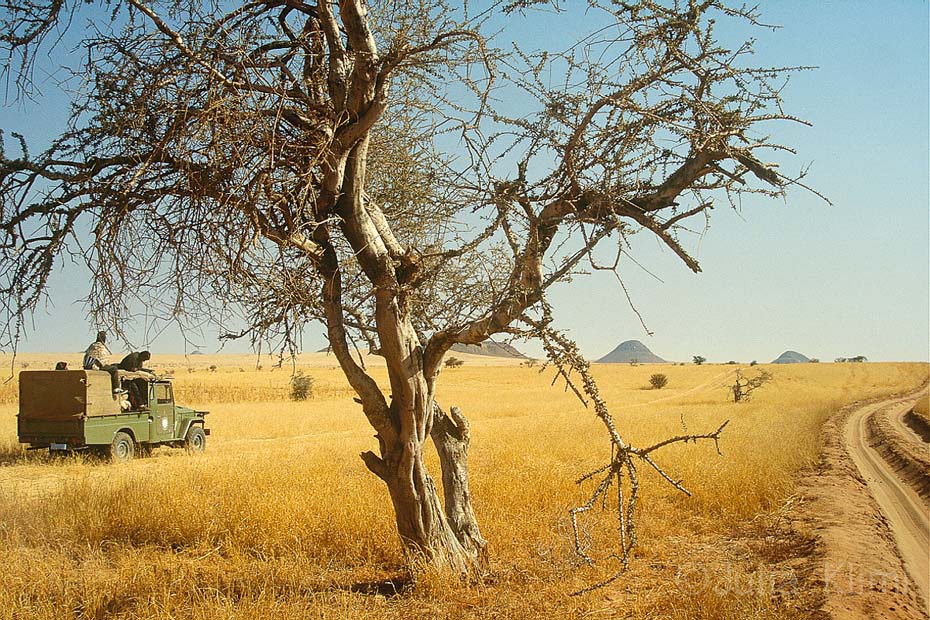
I became interested in going to Sudan when I saw the photographic reportage by Leni Riefenstahl on the tribes that live in the Nuda Mountains. Leni, from 1962 to 1977, having received a special permit from the Sudanese government, visited the remote tribes of the Nuba Mountains in Central Sudan many times. I wasn’t that lucky. When I decided to travel to Sudan the country was under embargo. Foreigners were only allowed to stay at the Hilton Hotel at Khartoum and were under surveillance. It took me two years to find a way to travel to Sudan, thanks to Nicholas Palaiochoritis – a Greek from Sudan. He secured a car for me and his colonel friend, Mohammed Yunis, along with two soldiers and two auto mechanics to accompany me, as well as a permit to visit and photograph the places that interested me.
It was a warm morning when we set out towards the south. The endless straight lines composed of asphalt were succeeded by dirt roads. We arrived one evening at the capital of the Nuba region– Dilling, on the border between the Islamic north, which was under the control of the military regime of President Omar al-Bashir, and the southern region– inhabited by African Catholic and animist tribes under the control of the SLM (Sudan Liberation Movement).
The war brought two million victims into the country –numbering 200,000 in the Nuba Mountains – and exiled 5 million people from their homes. The procedures at the checkpoint took a long time. Mohammed, while negotiating our status, informed me that the permits issued at Khartoum had no power here, as it was for the local military commander to decide whether or not we would be permitted to continue our journey. We dined on “foulada” (broad beans with vegetables and chilies), prepared for us by the boys.
The morning after, women of the Nuba tribe invited me to visit their homes. They smiled at me, showed me their babies, and after a little while began dancing. Men played drums while the women danced. The Nuba people dance for a thousand reasons; for the rain that sustains life, for the initiation of a boy, for the foreign visitor… The climax of that amazing dance was an incredible stentorian yodel by a woman. They are so pure and innocent by nature that they are not interested in the oil that the foreign companies discovered on the nearby hills, nor the large economic interests of westerners and easterners that led to this war and to its millions of victims. I noticed the women, how beautiful they were, and was surprised at how foreign their clothing seemed on them.
The Muslim government of Khartoum imposed the wearing of clothes on this ancient African tribe, though really the least important of the many impositions to which they have been subjected, as Islamic law is imposed on education, nutrition, family and spiritual life. Children attend Islamic schools to become Muslims, their naked bodies covered by long robes, and boys may marry up to four women. Nuba tribes live by grazing calves and goats, and by cultivating sesame and millet, which is their staple food. I can’t help but wonder for how long this will be the case.
With Nicholas’ 1950s Land Rover 80, we travelled through the beautiful landscapes of the Sudanese savannah, at times guided by compass, driving on sandy roads all the time with deep ditches cracked by heavy lorries. In the evenings we bathed in buckets and cups, slept in camp beds beneath the starry sky. After Darfur we crossed the dense jungles of Jebel Marra Mountains at the border with Chad, to continue in the desert once again: Kadugli, Nyala, El Fasher, El Obeid, and back to Khartoum for a brief acquaintance with the Greek community. After a ten-day break, we were on the road again, this time heading north. Now, with no military checkpoints on the road, the trip was child’s play. We travelled north along the Nile to learn something about the amazing civilizations that had flourished on its banks. The beauty of Napata and Meroë, with dozens of pyramids amid the dunes, is one of the most beautiful landscapes I have ever seen in my life. I will never forget rolling down from the towering dunes again and again for hours, and, after that, boating on the Nile.
Despite the serious difficulties of the journey, Sudan was a dream journey, thanks to Nicholas Paleochoritis and the wonderful Sudanese people, who are extremely hospitable. Even the fanatic Islamist soldiers whom I met in the streets always treated me with incredible kindness. Sudan remain dimple in my heart
See here the article about Sudan published (August 1997) in Marie Claire
Julia Klimi
Translation Vicky Anastasiadou
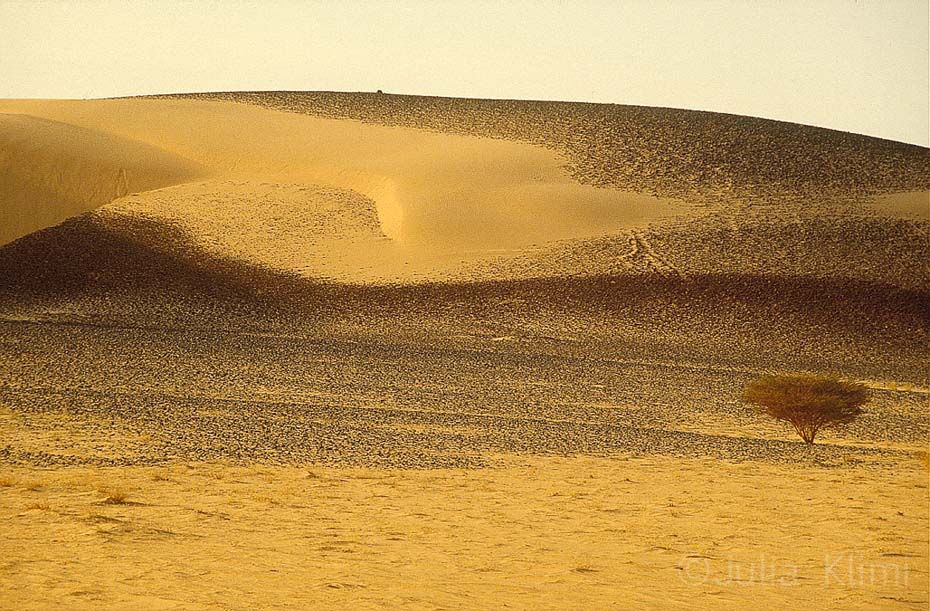
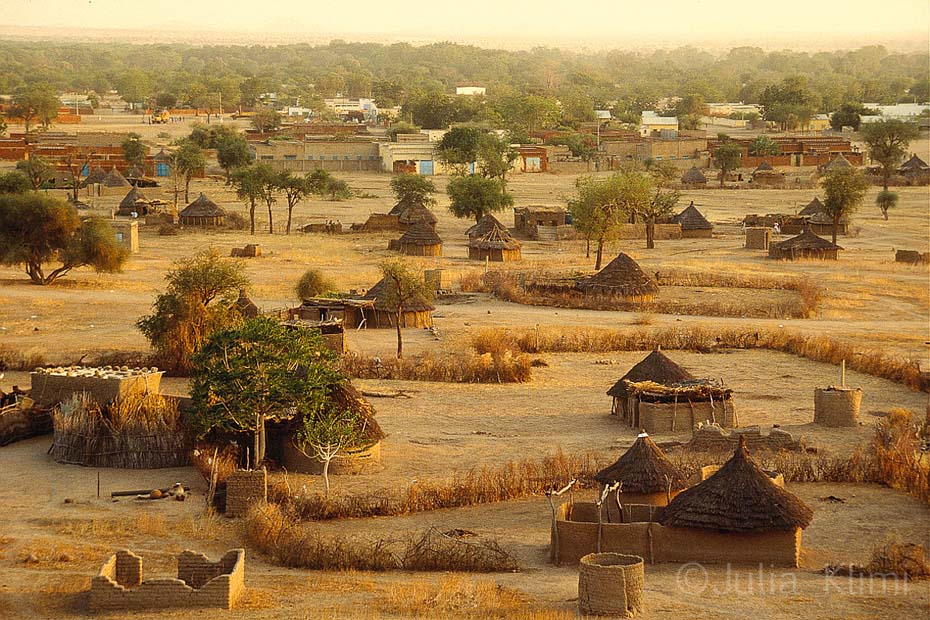
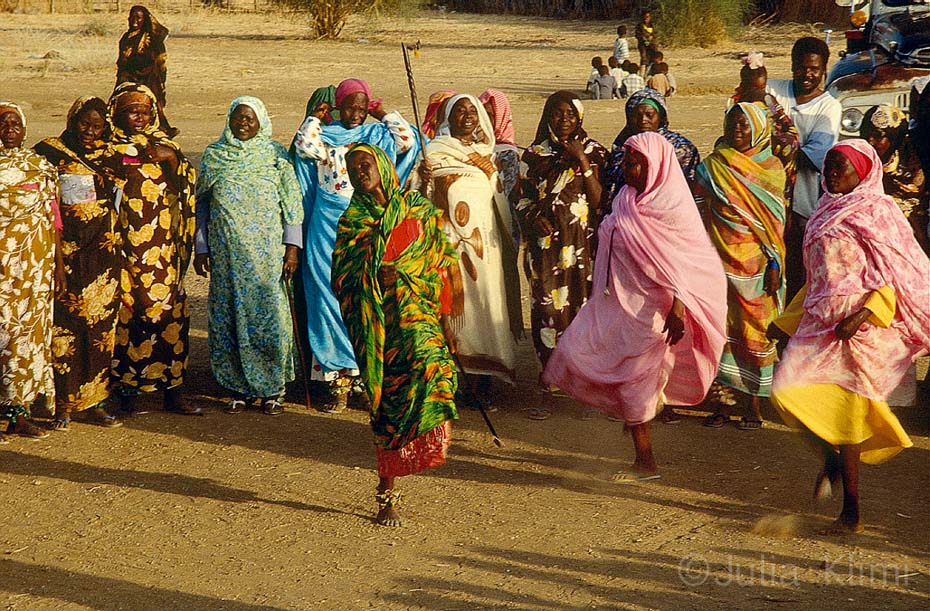
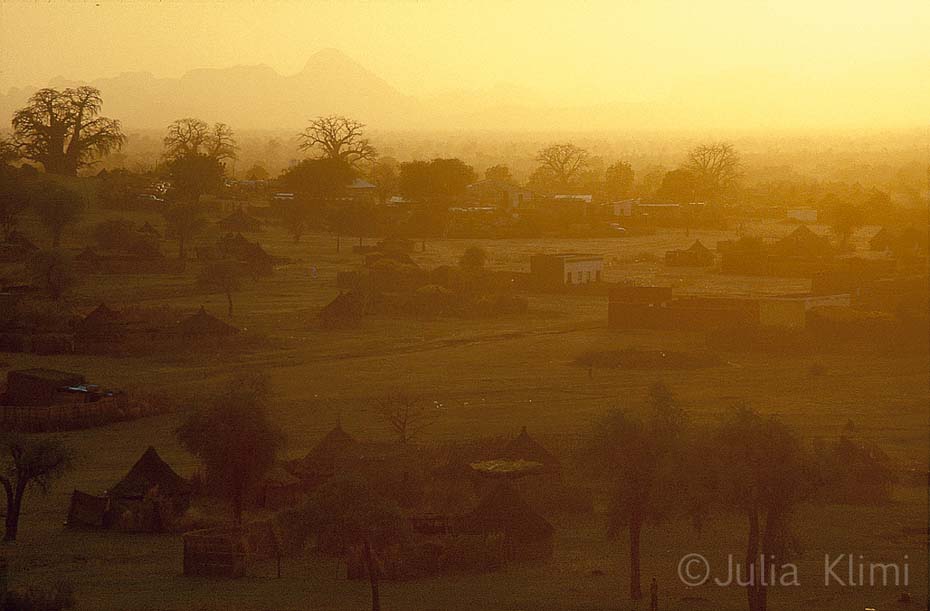
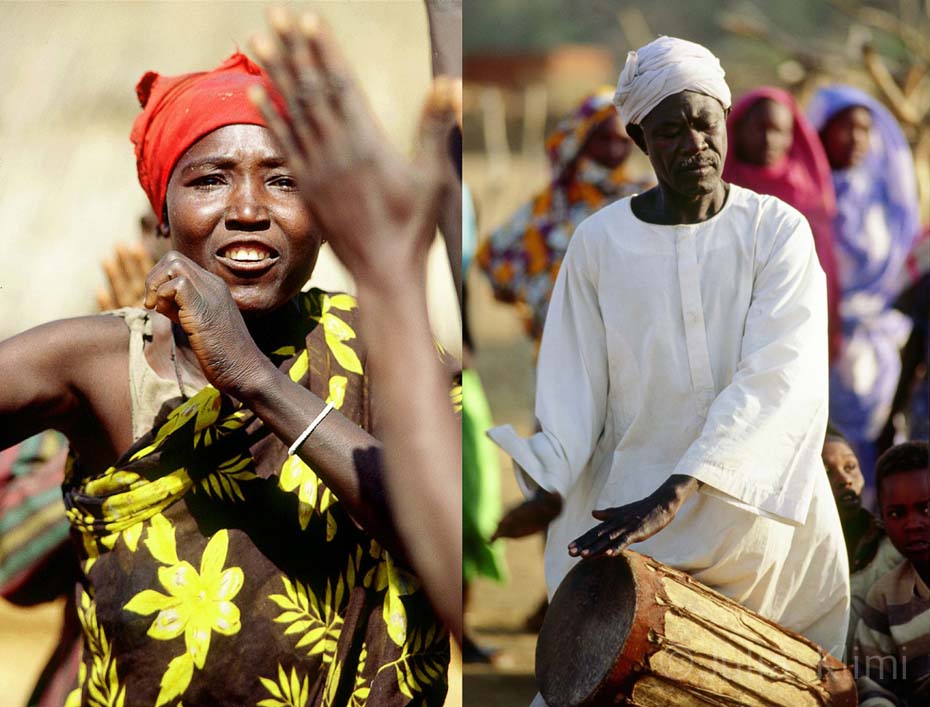
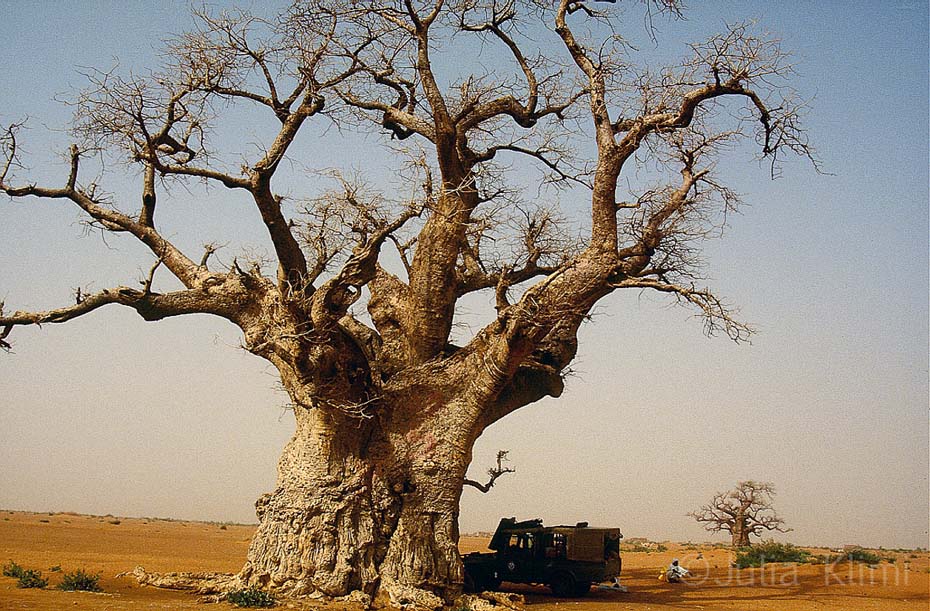
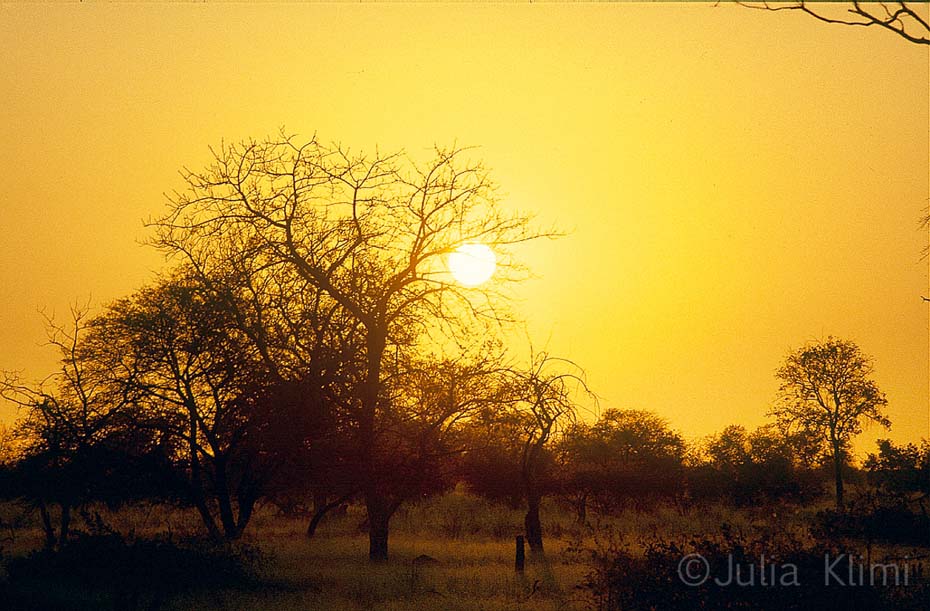
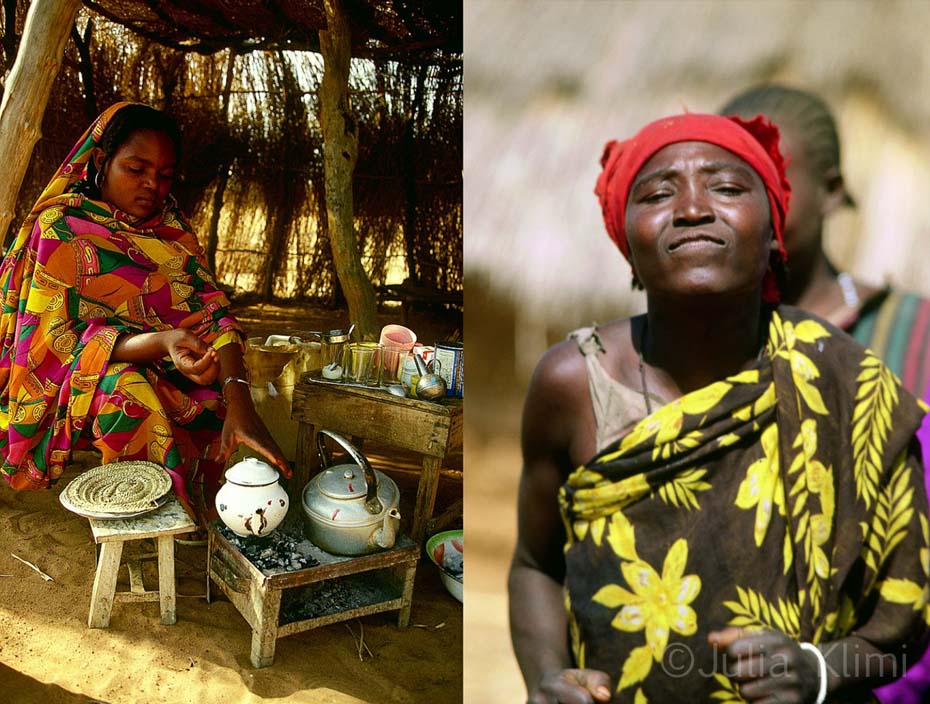
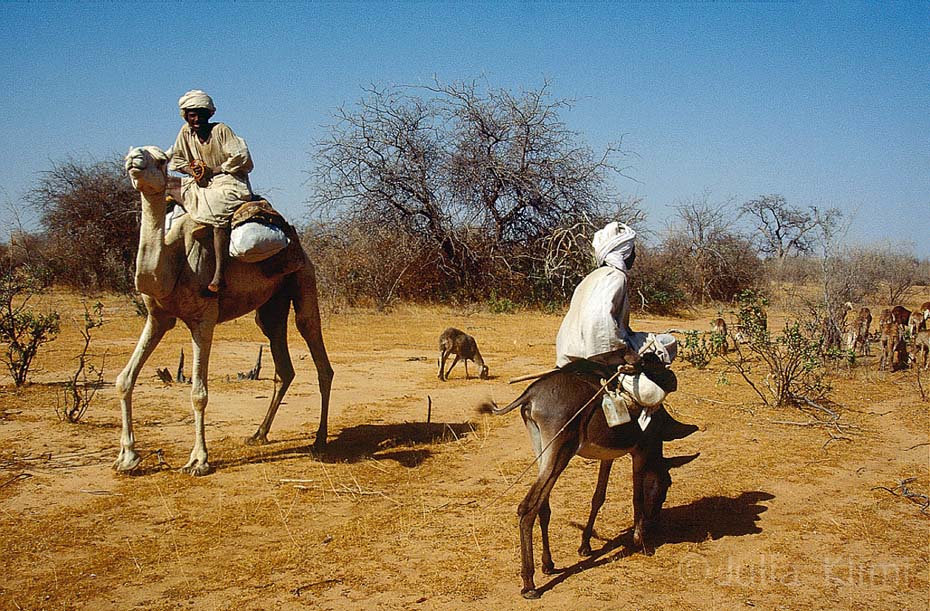
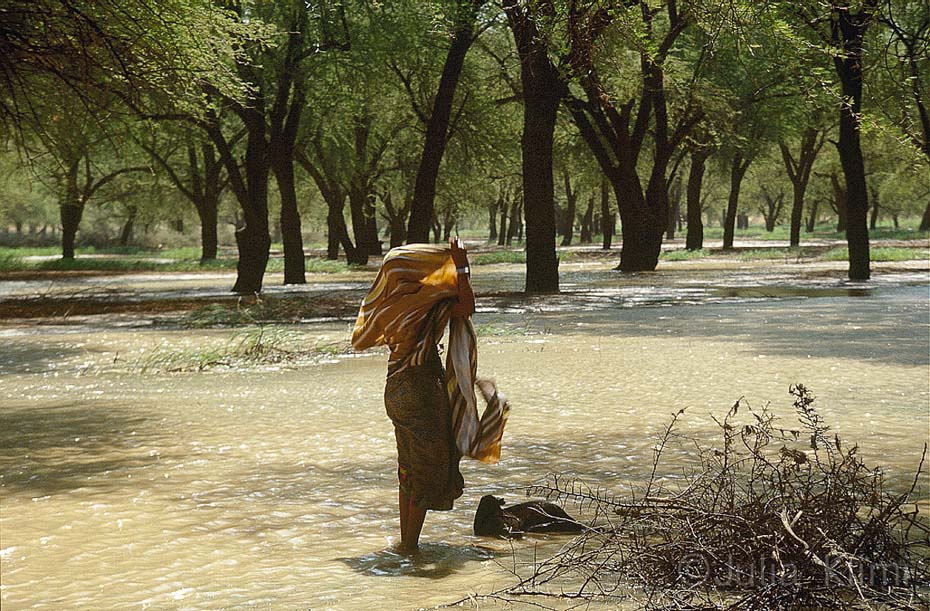
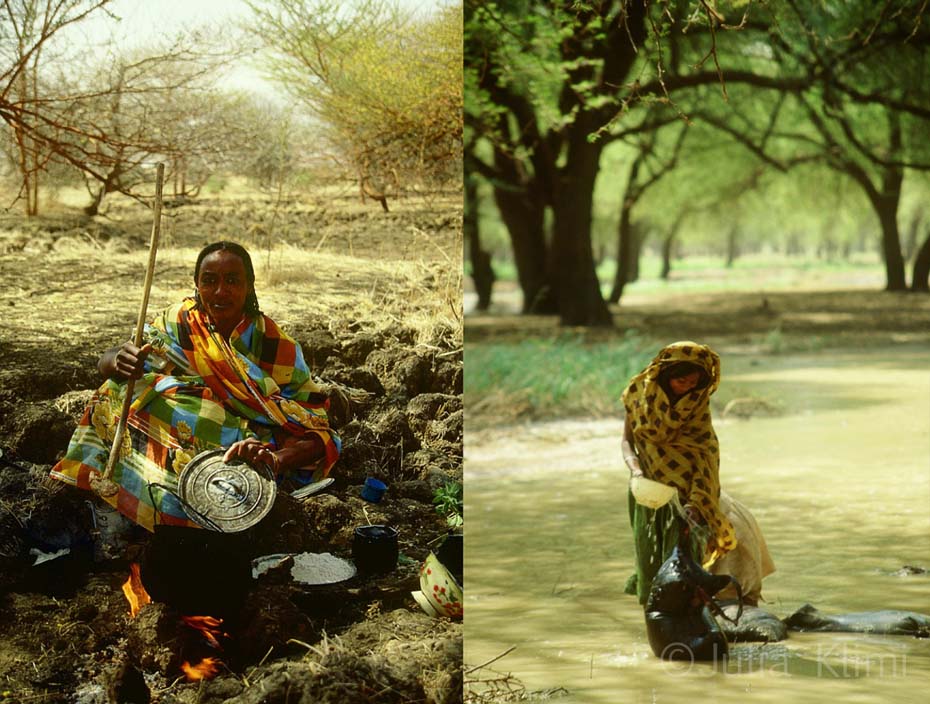
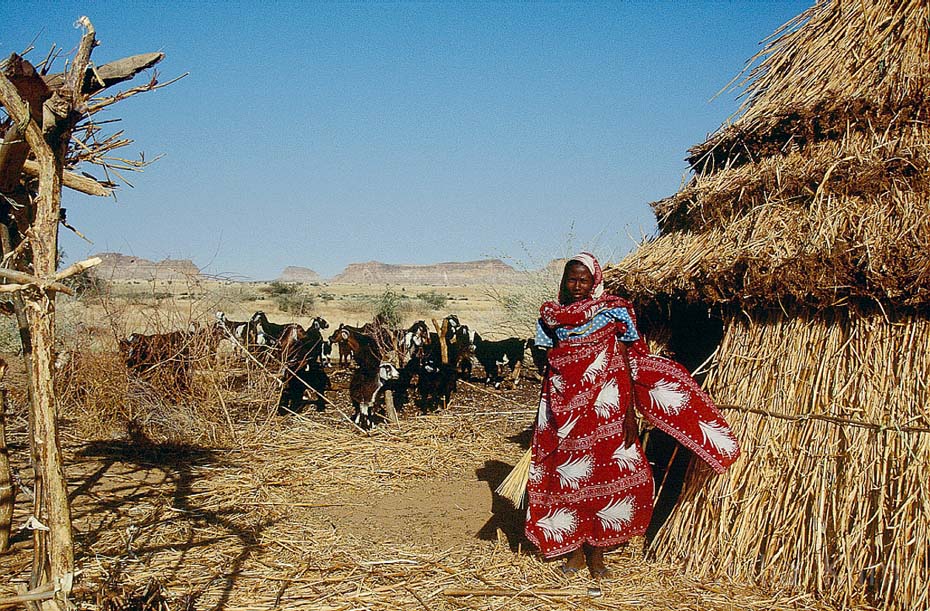
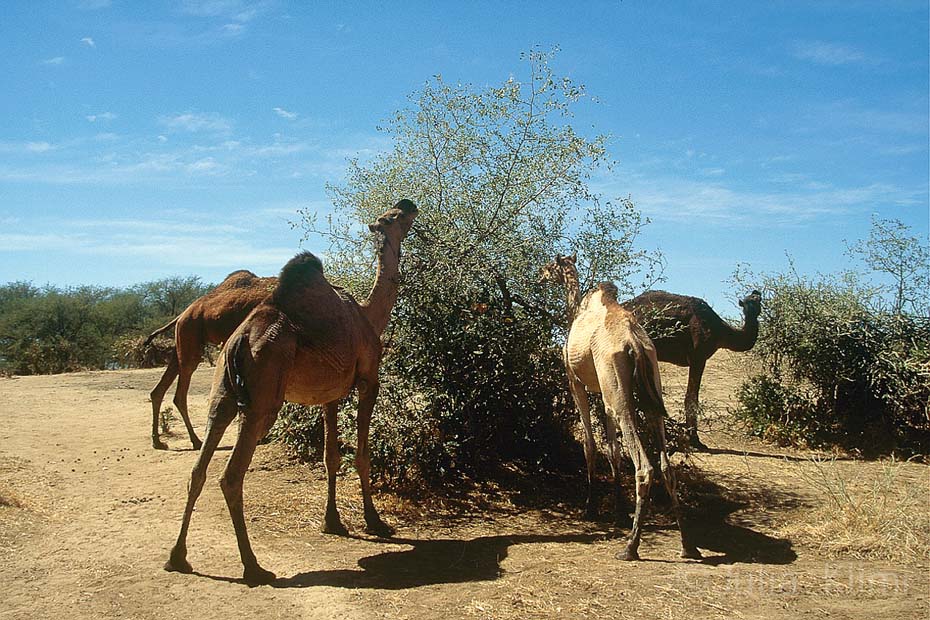
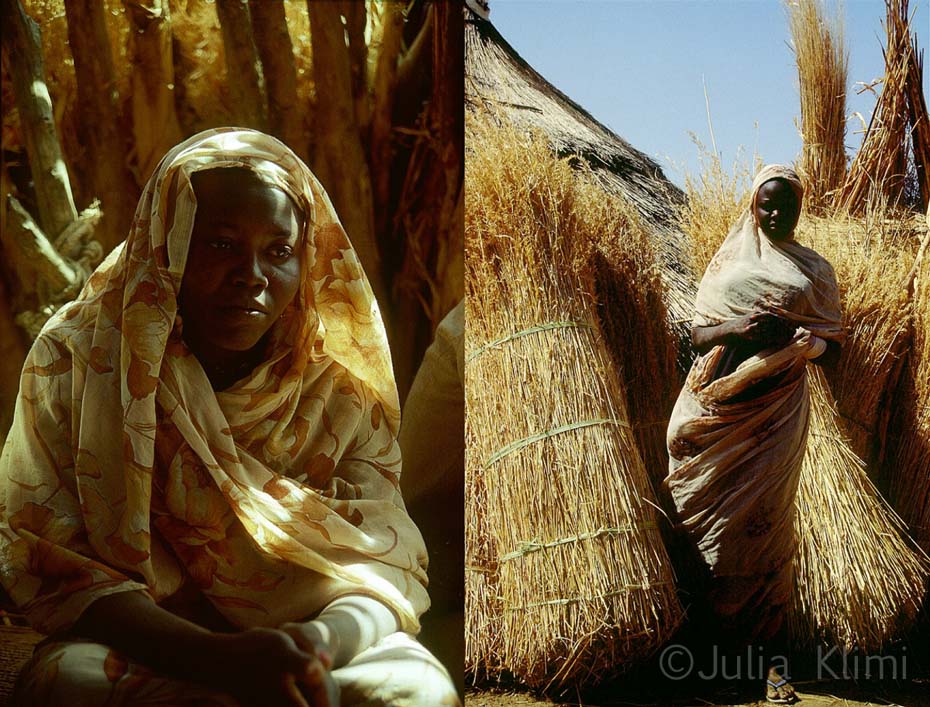
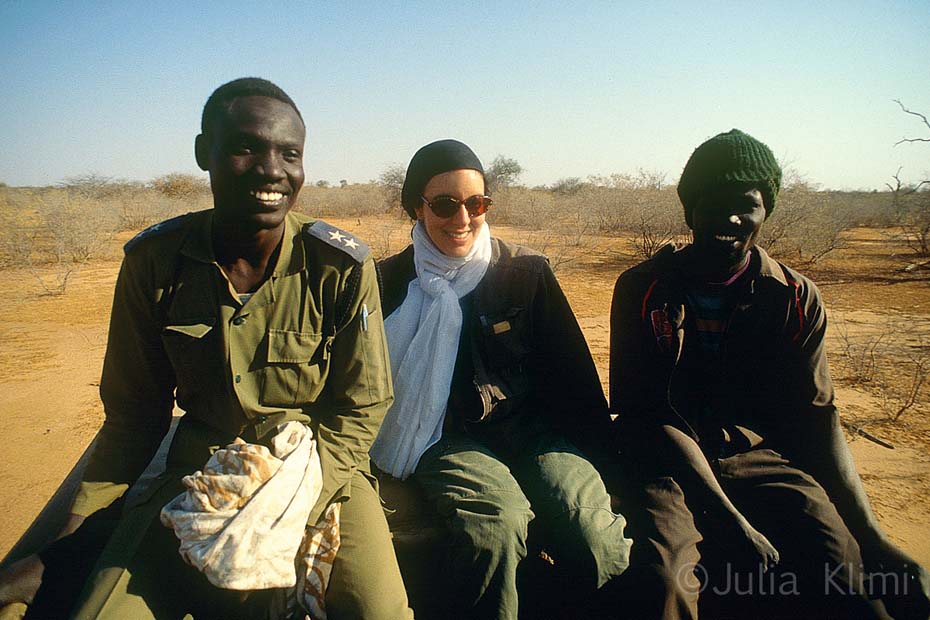
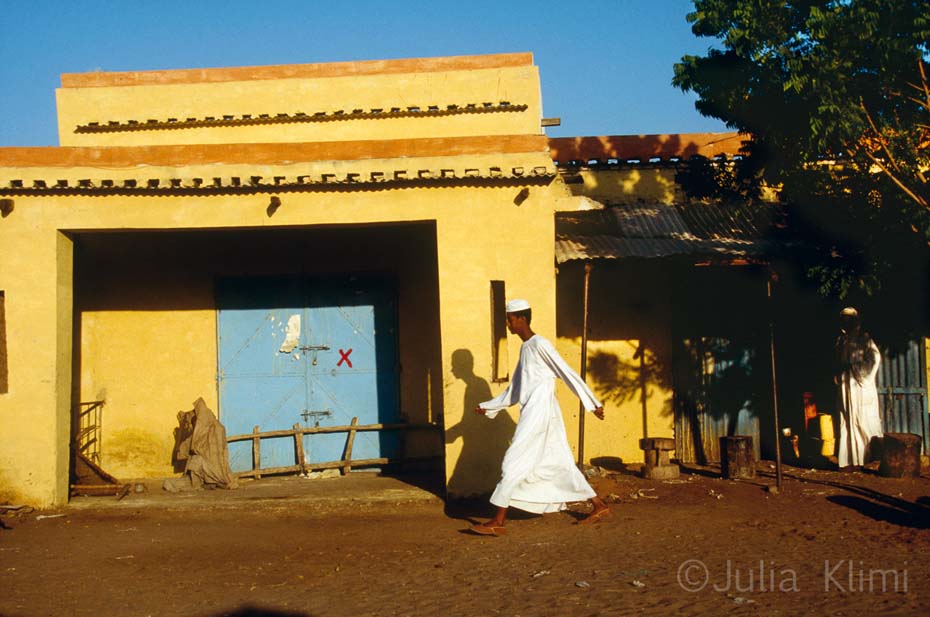
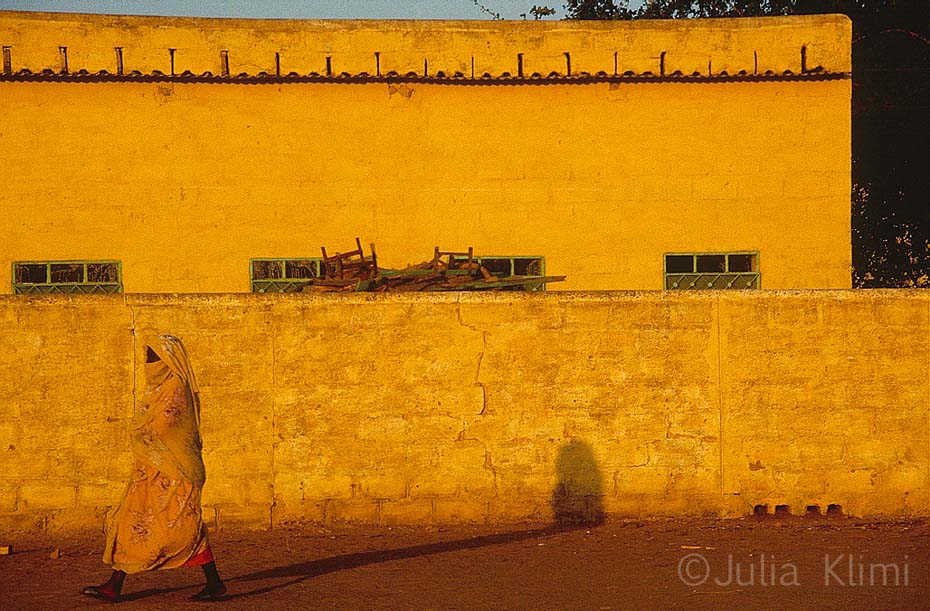
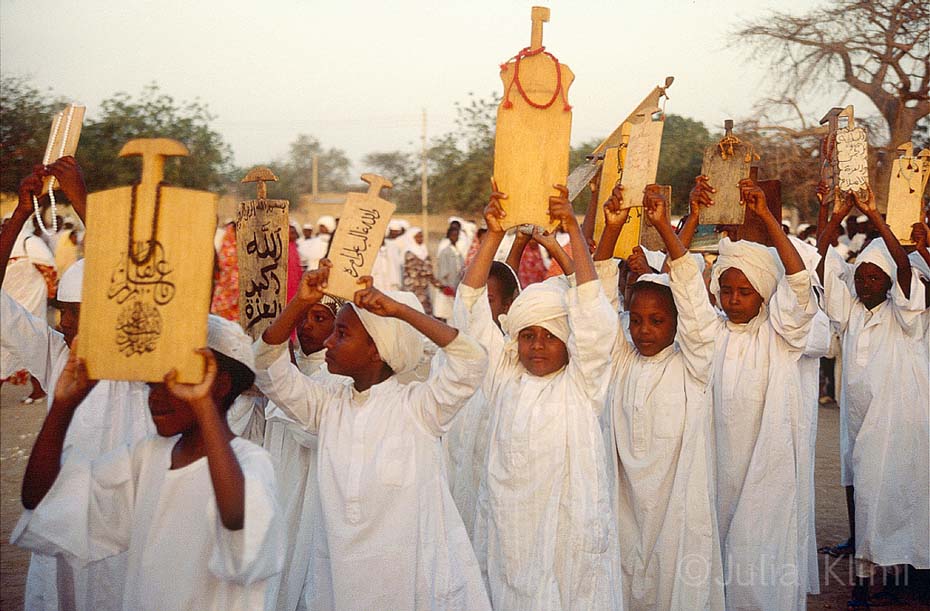
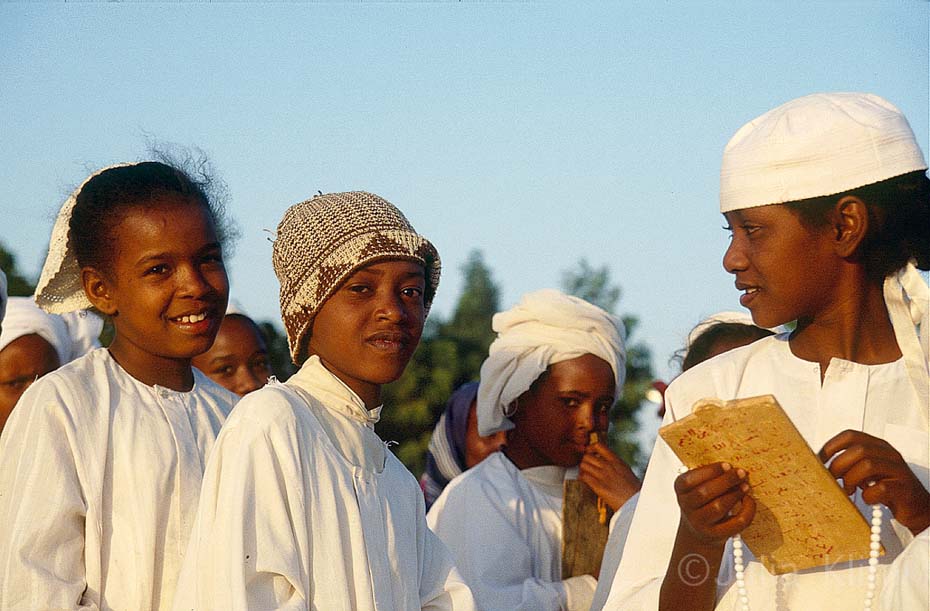
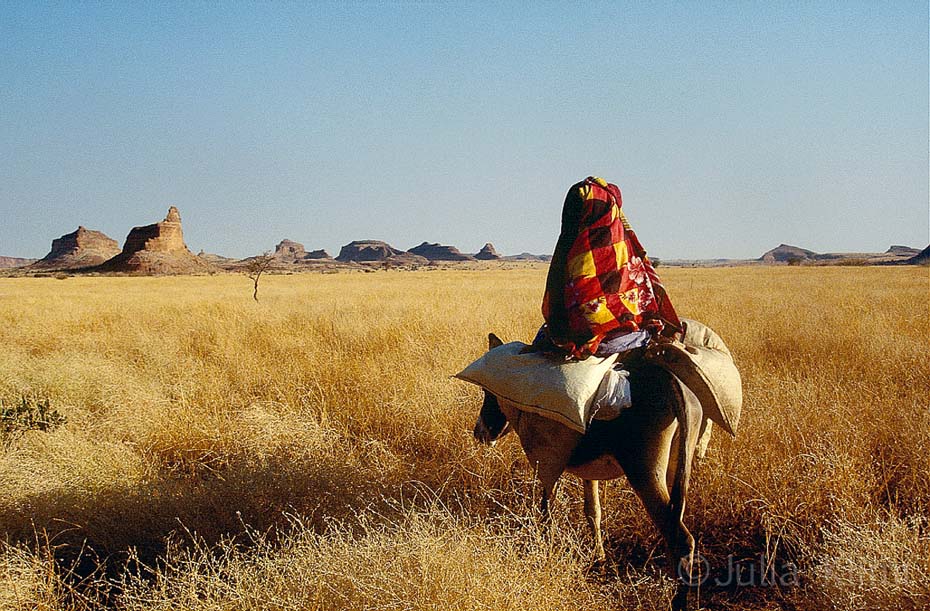
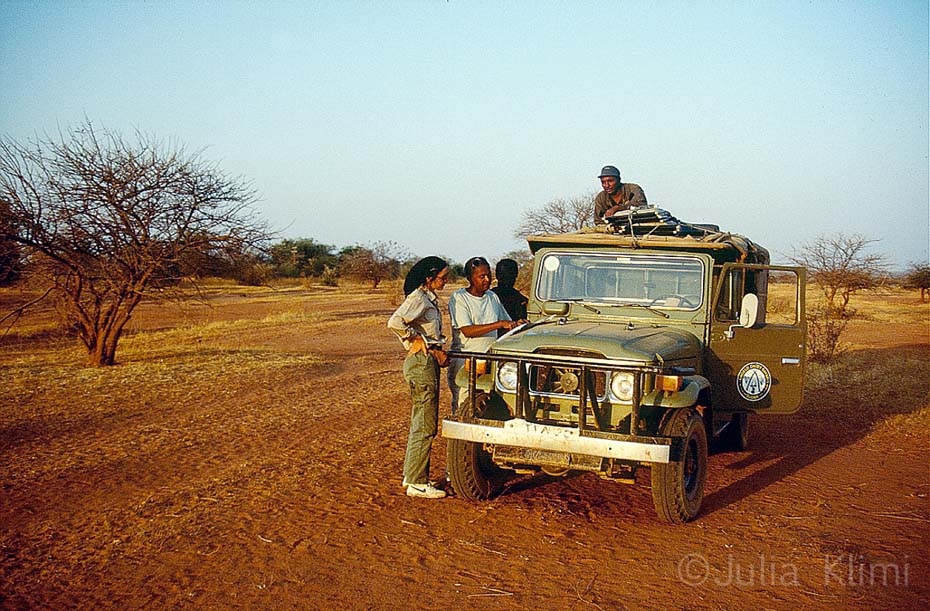
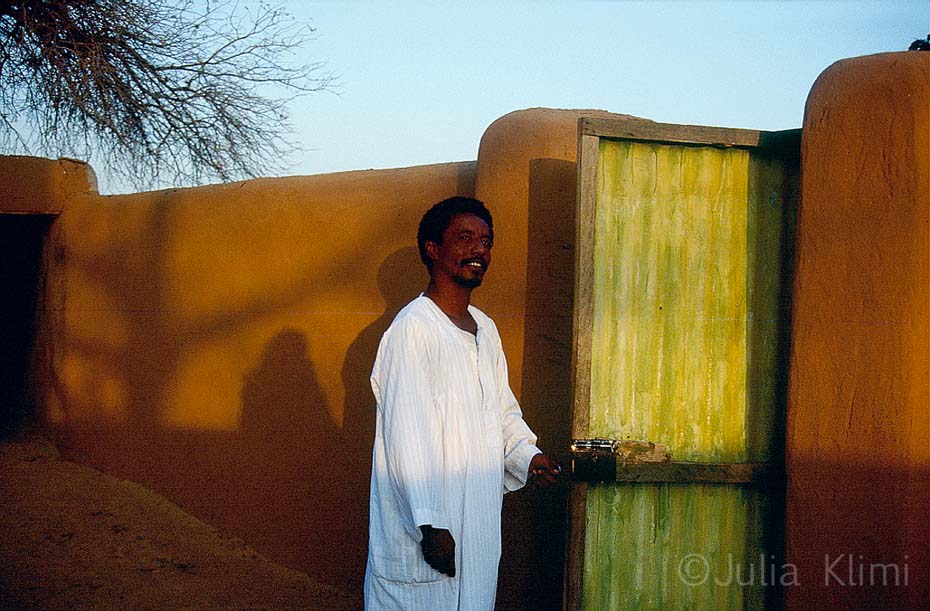
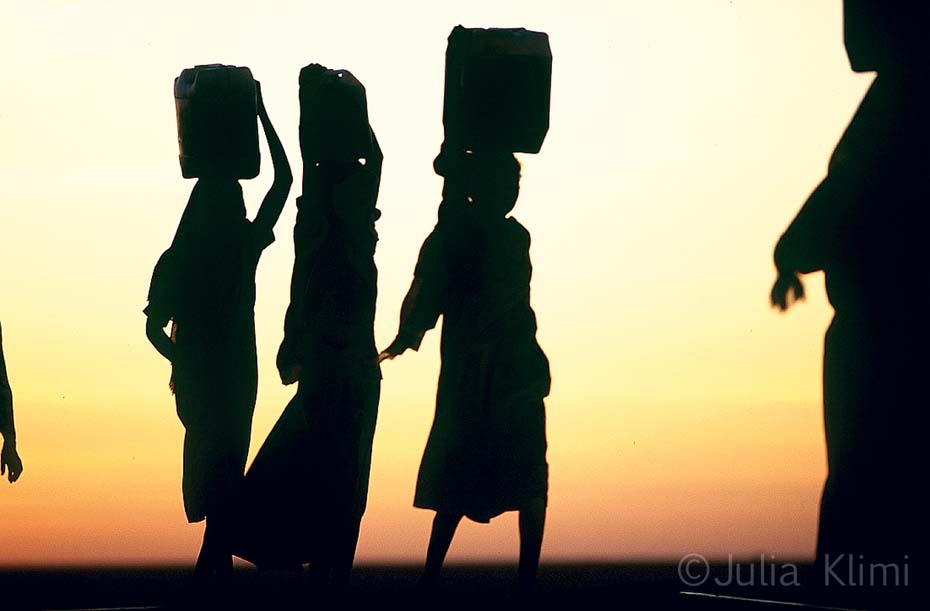
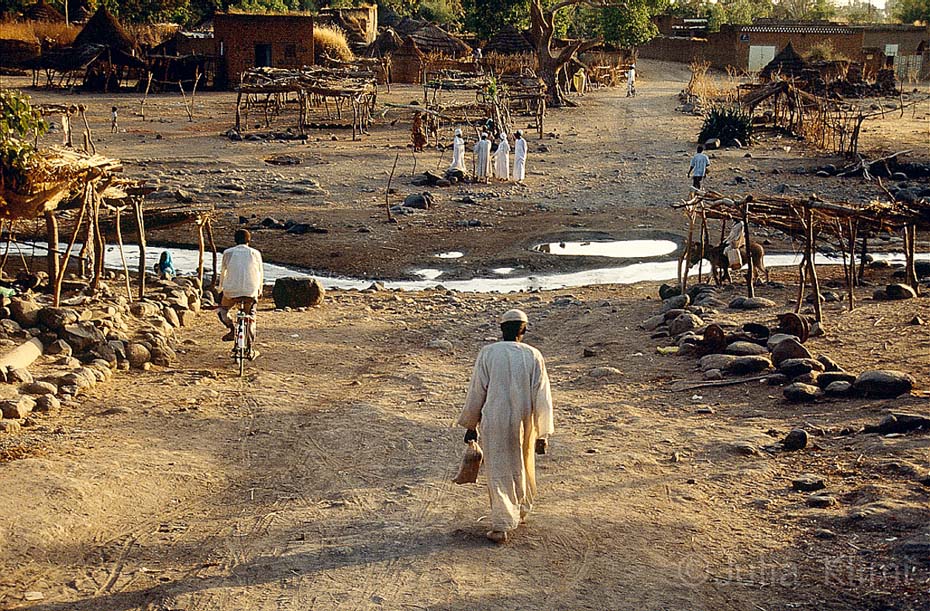
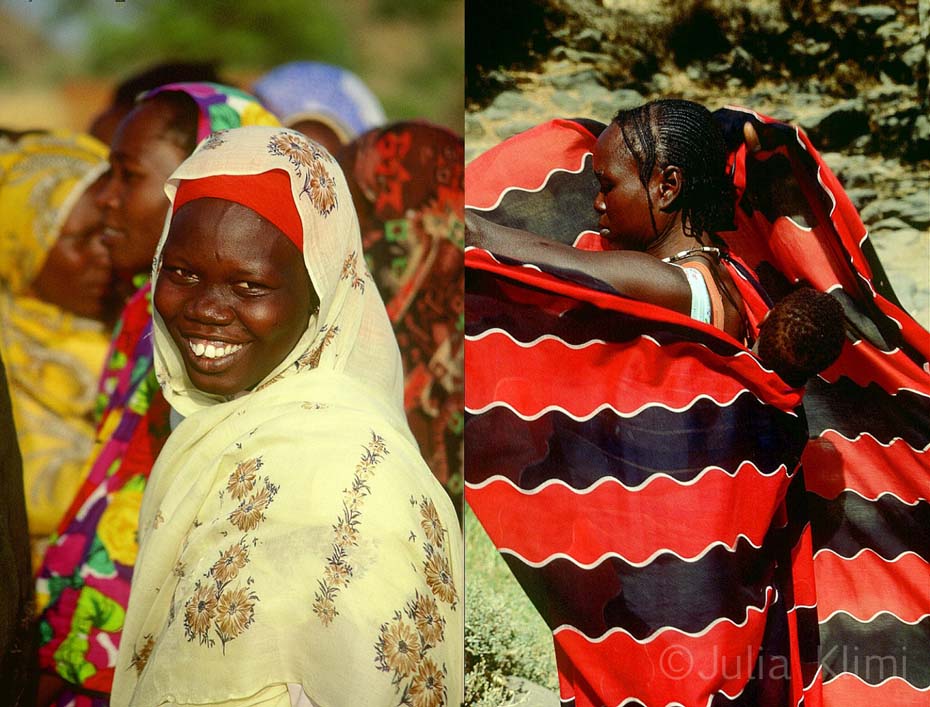
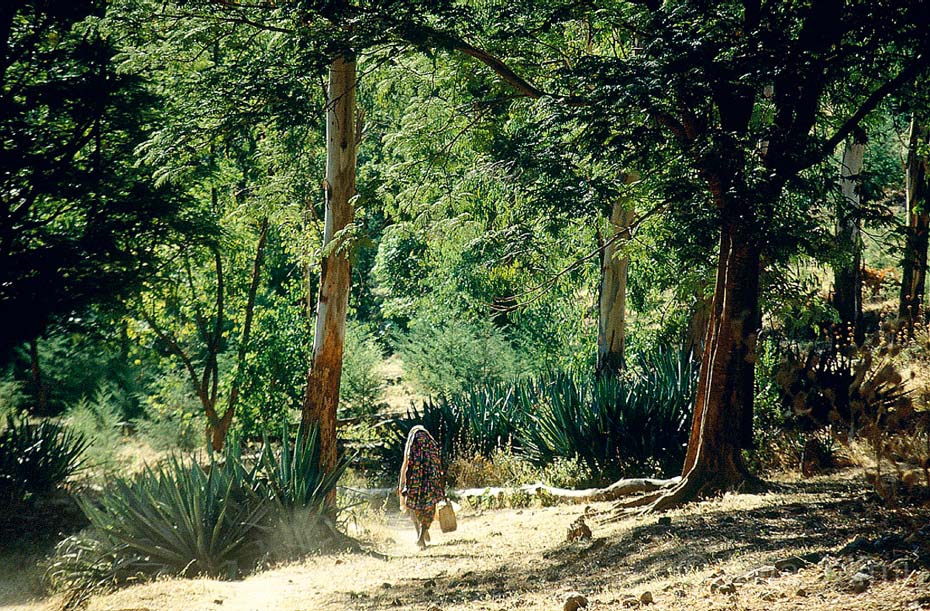
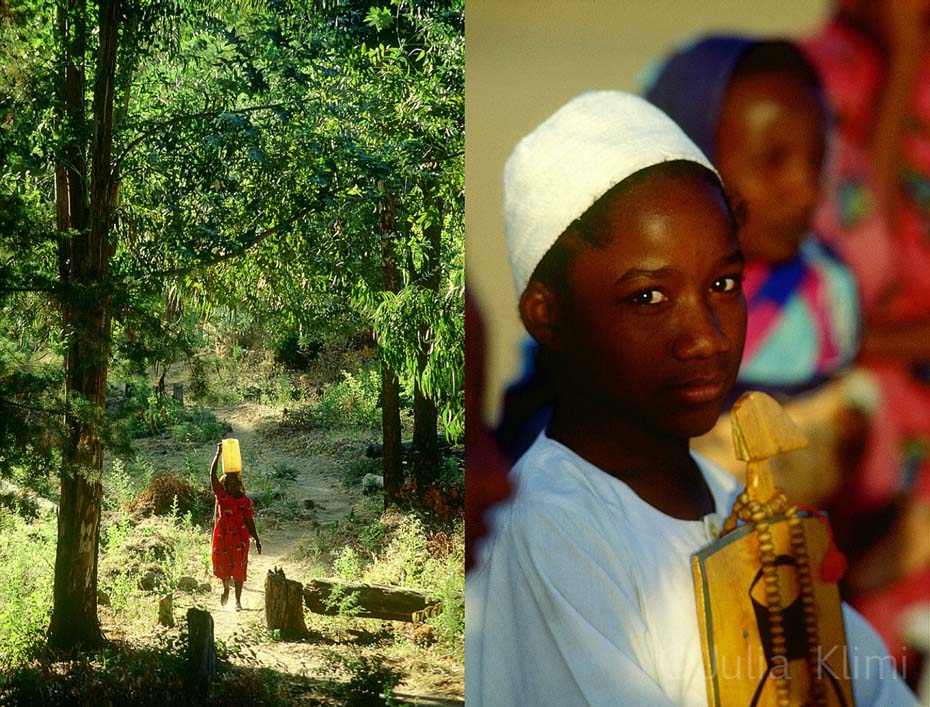
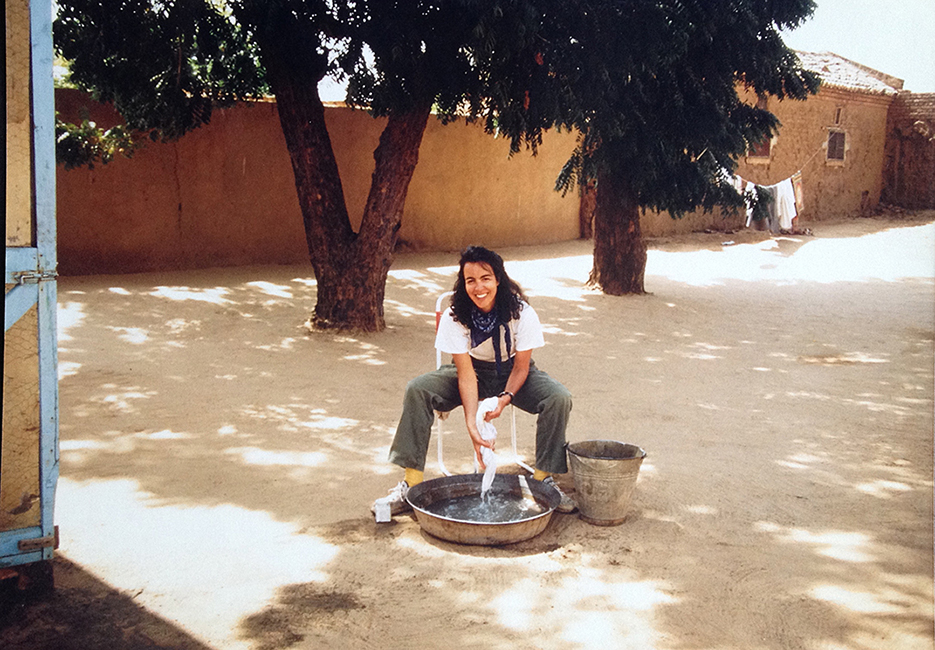
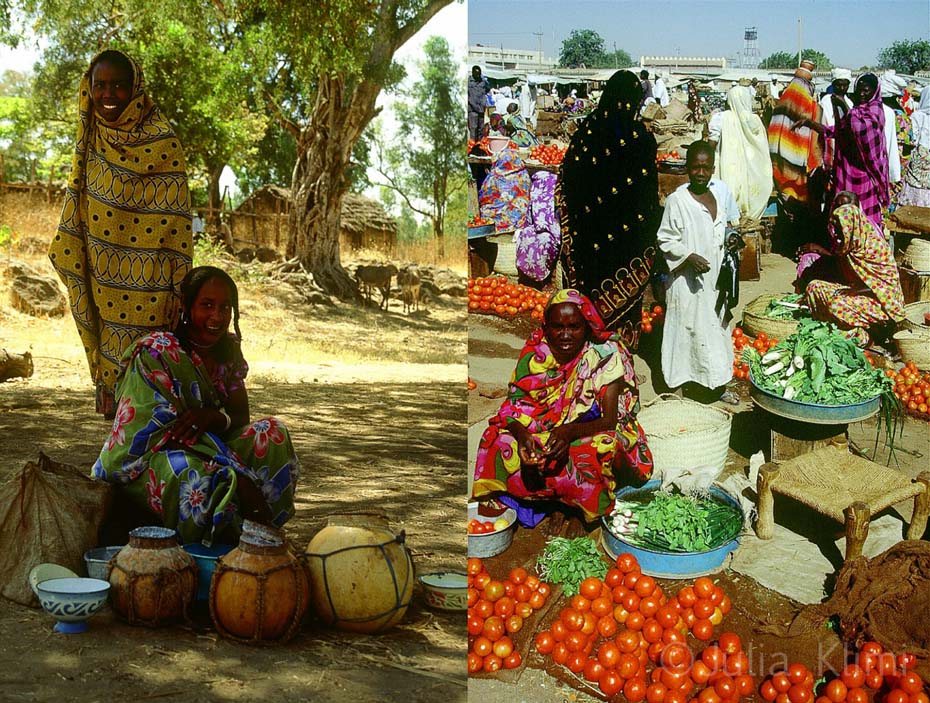
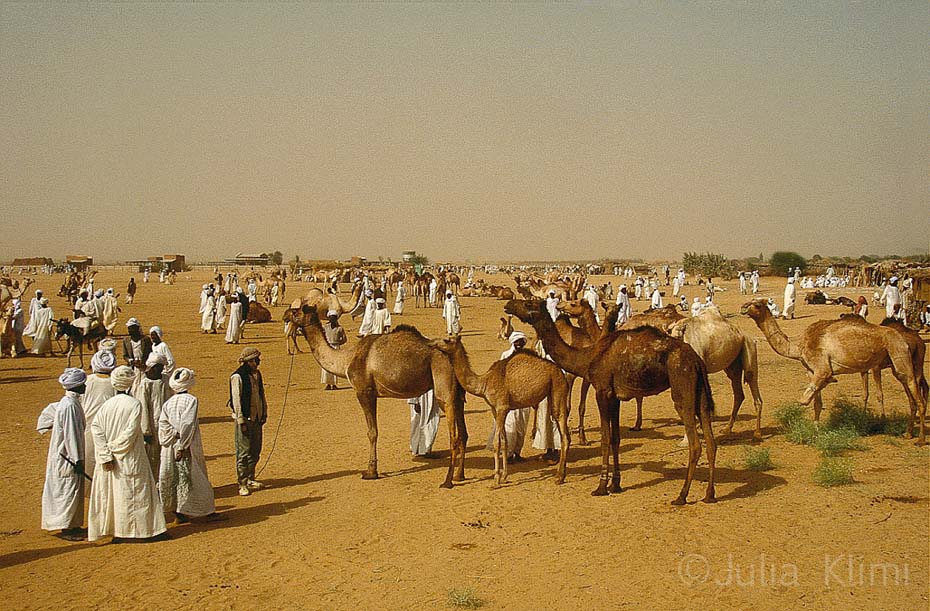
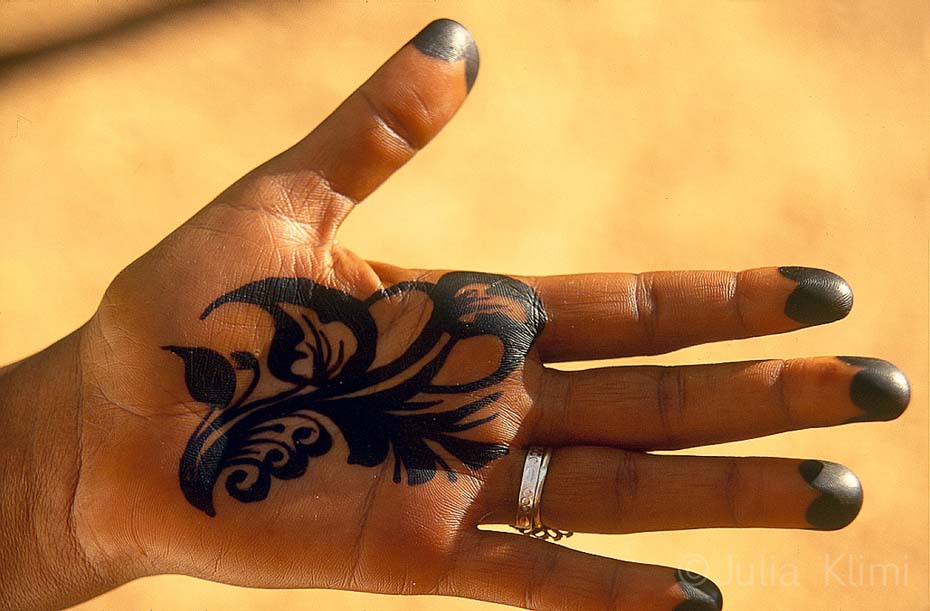
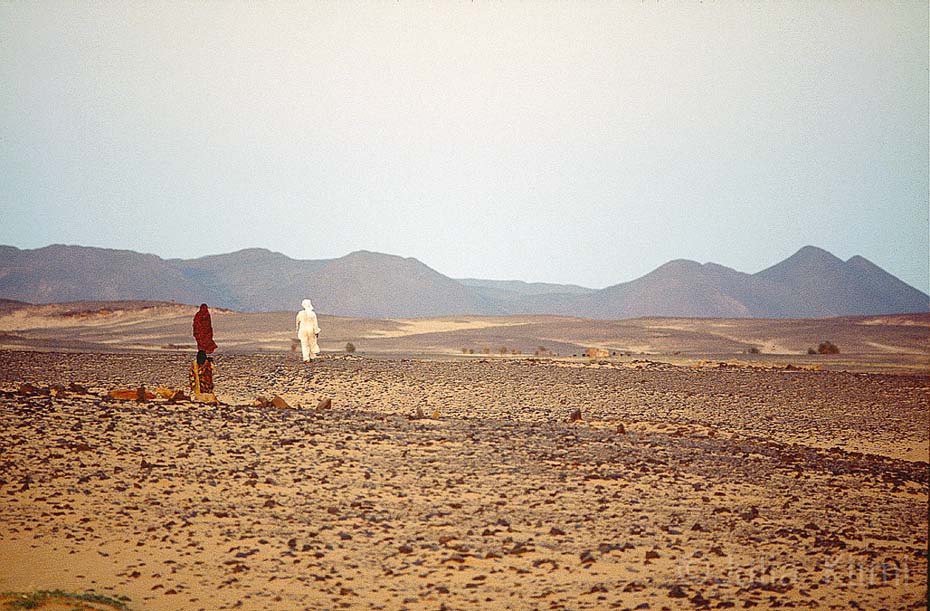
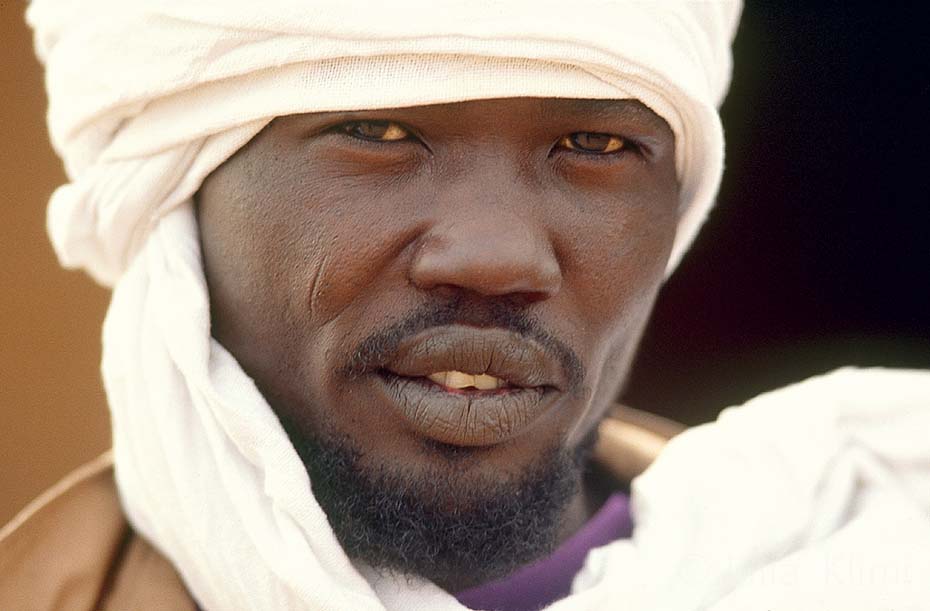
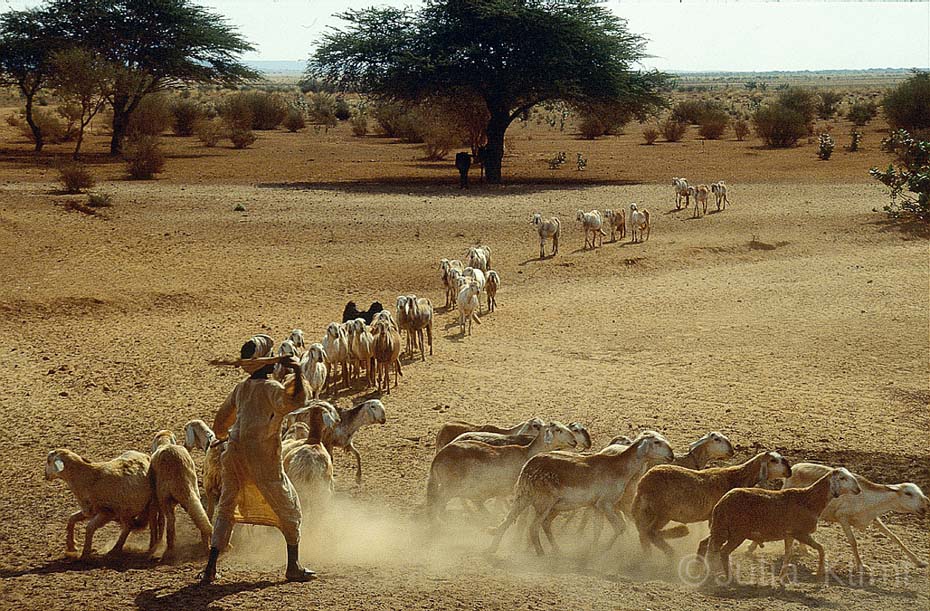
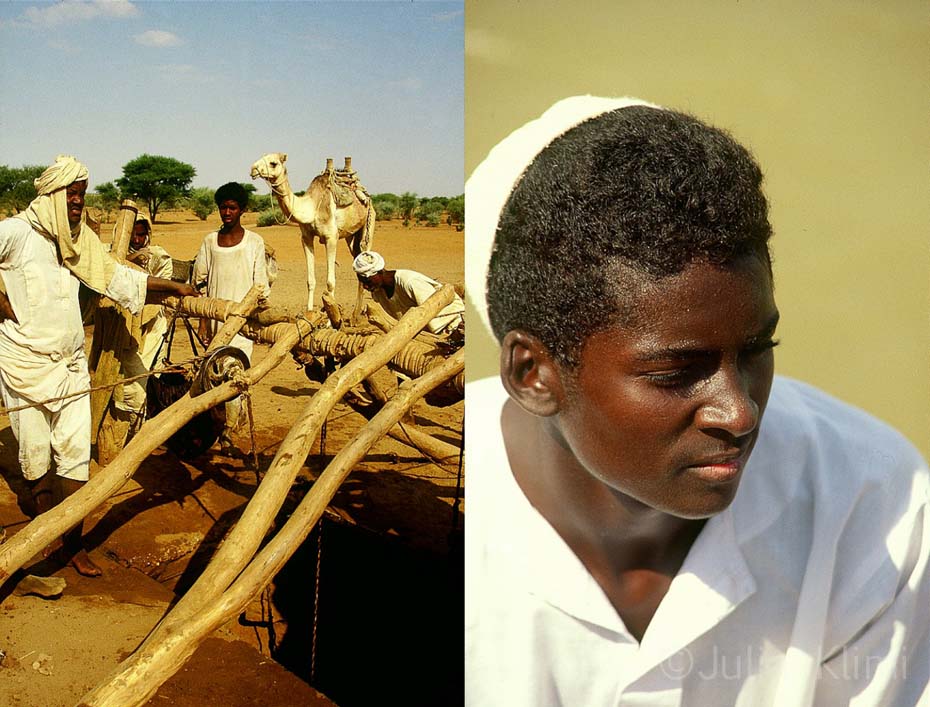
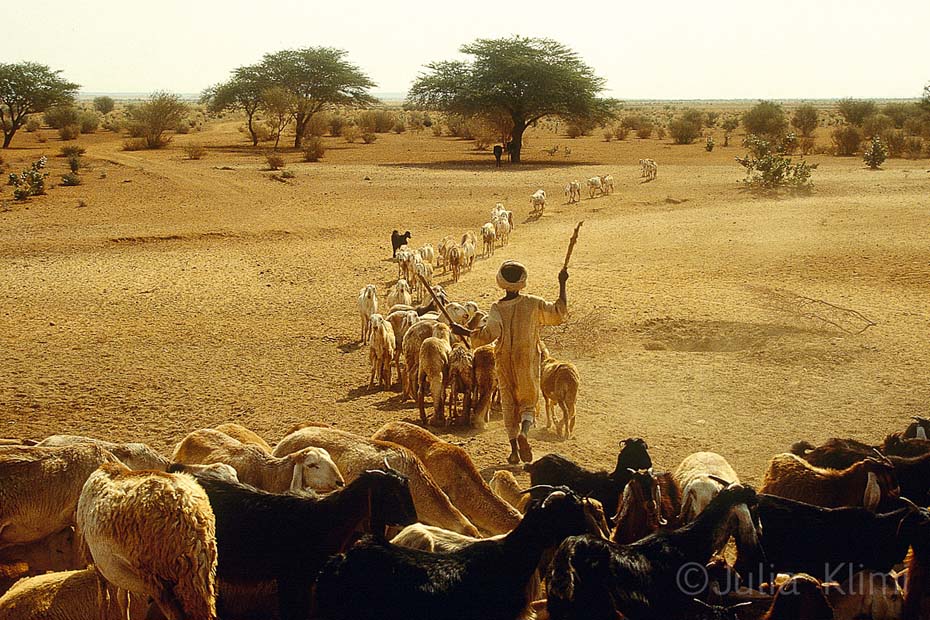
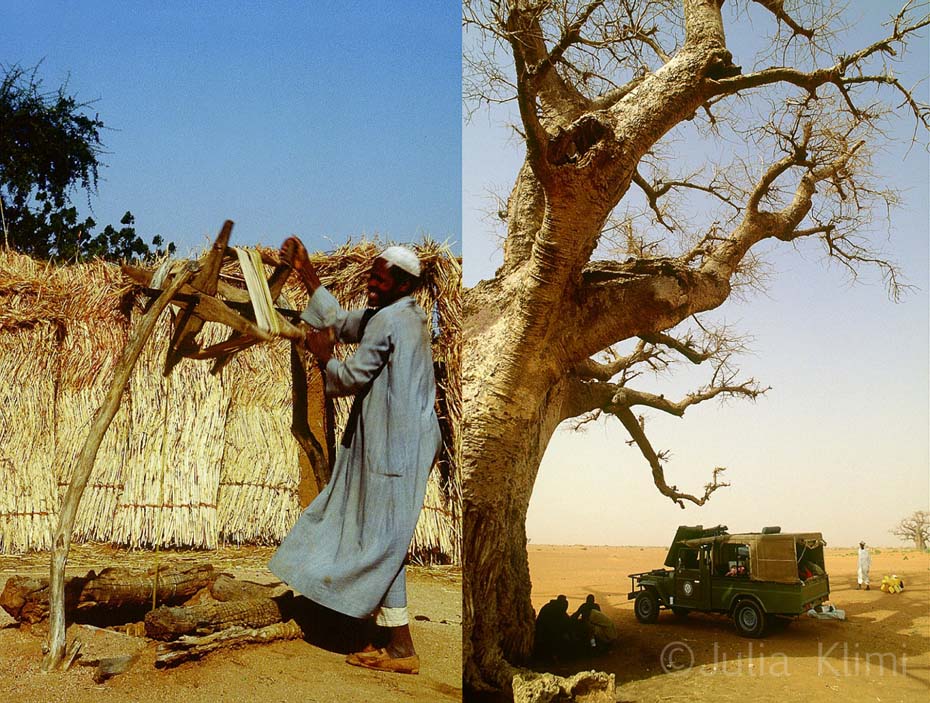
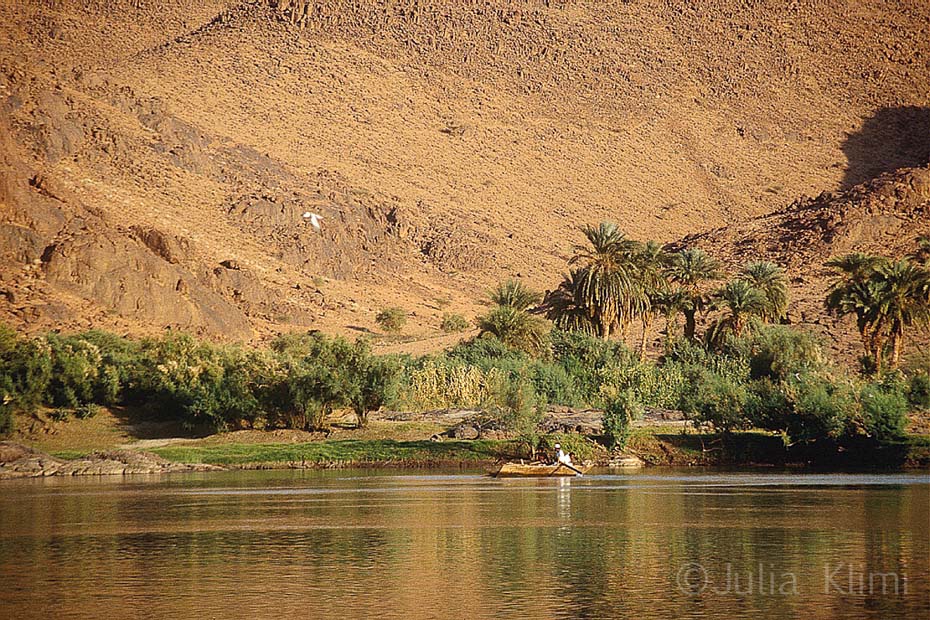
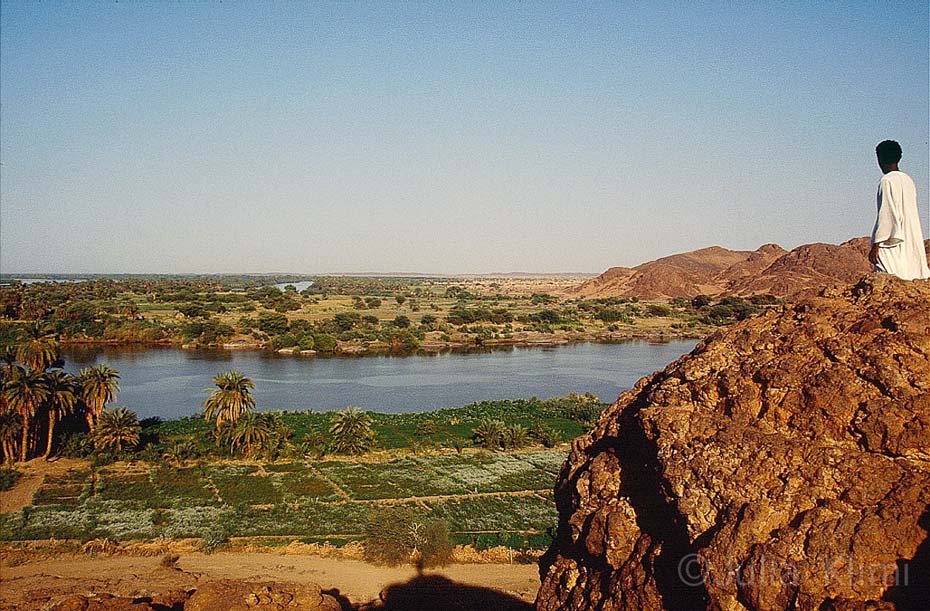
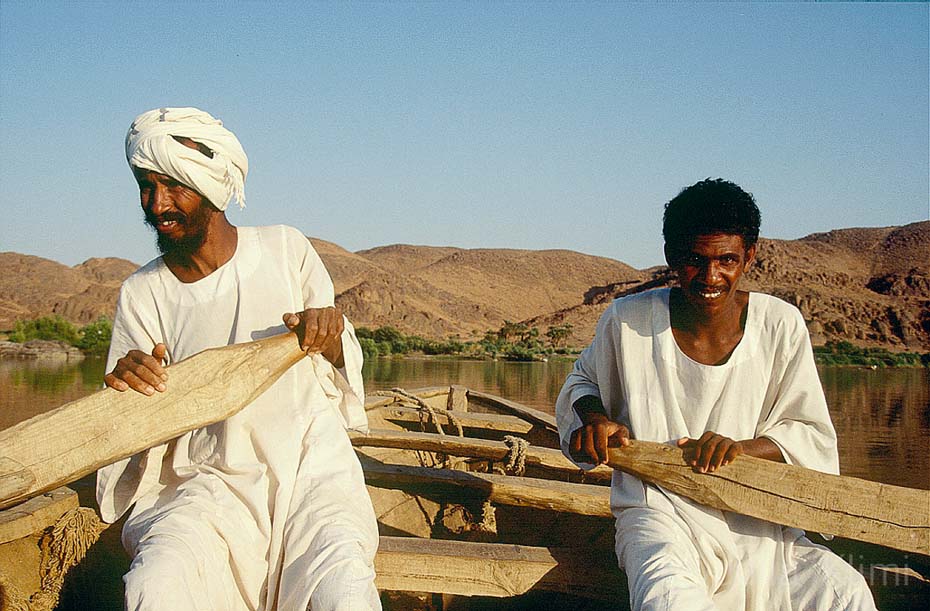
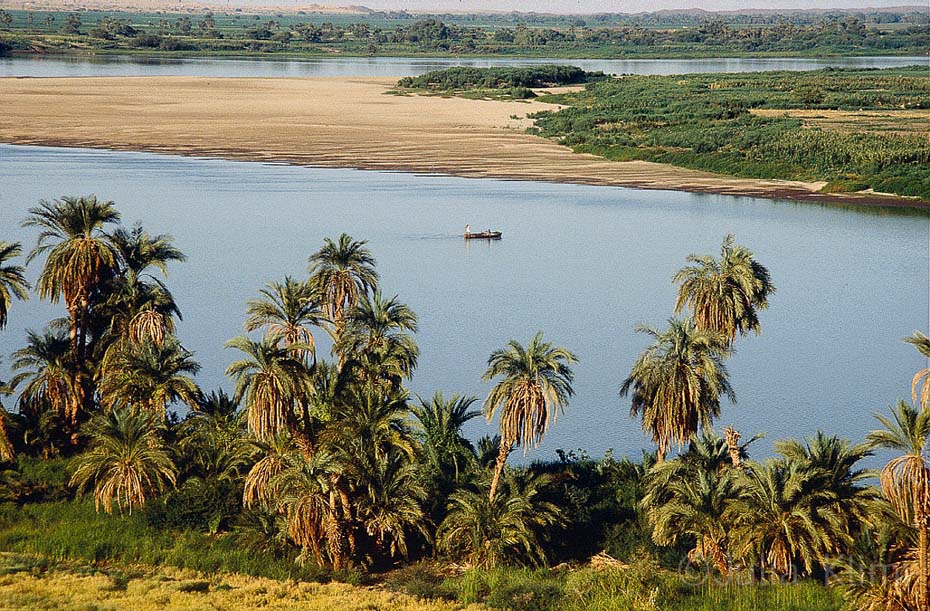
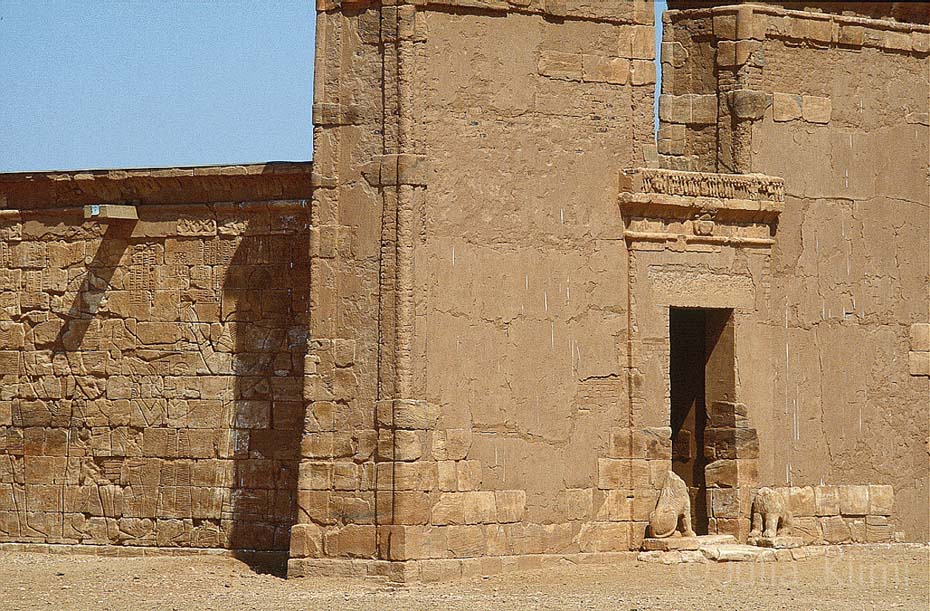
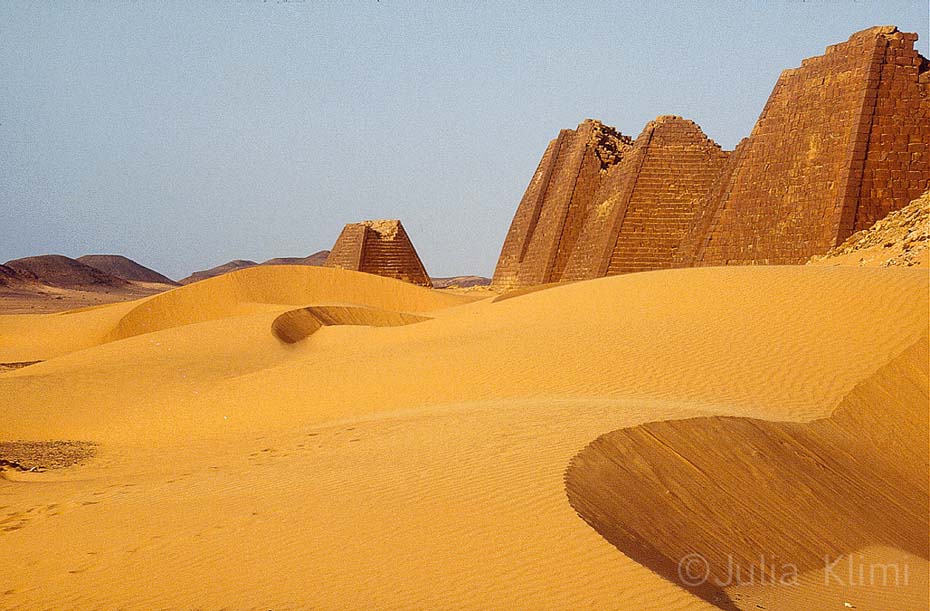
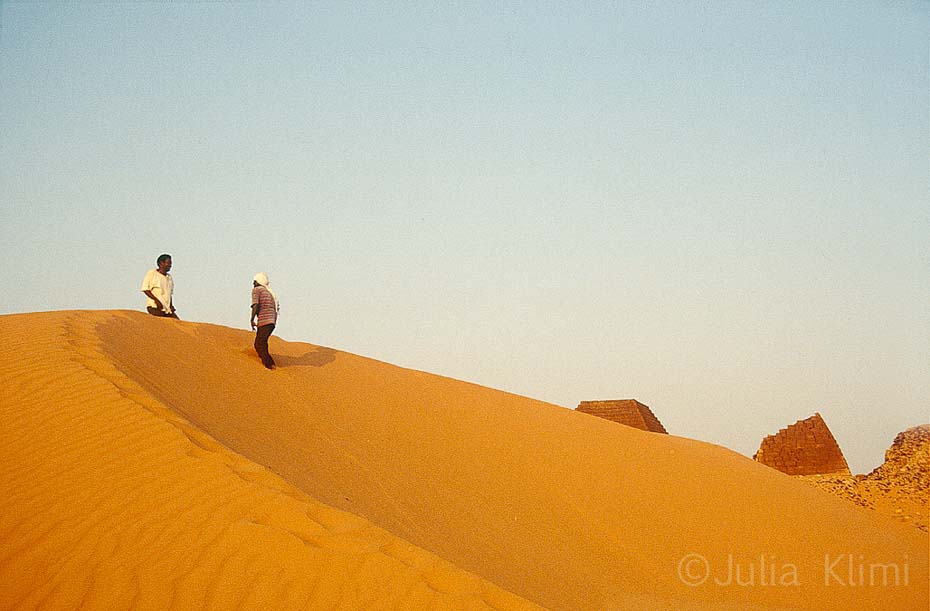
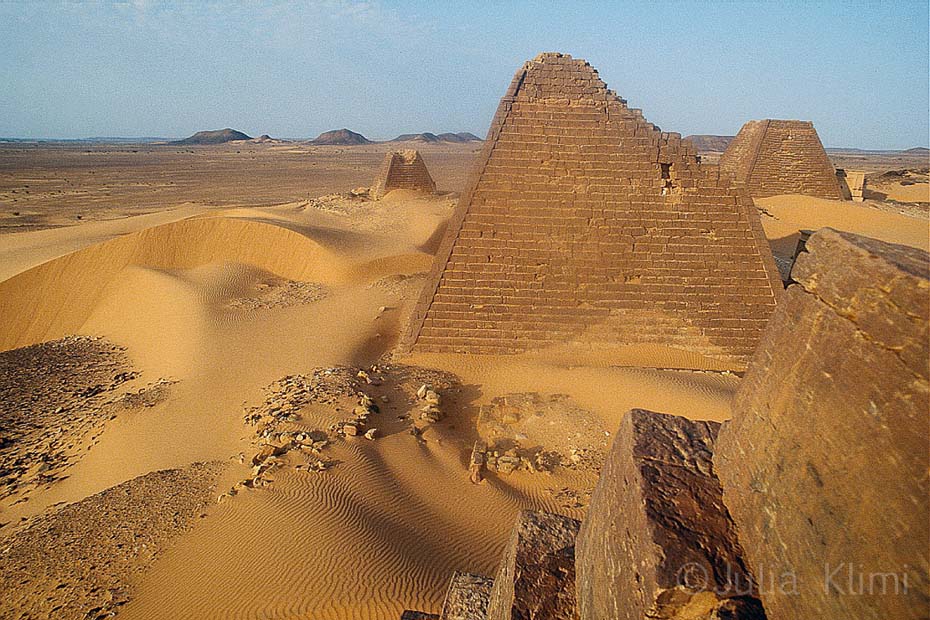

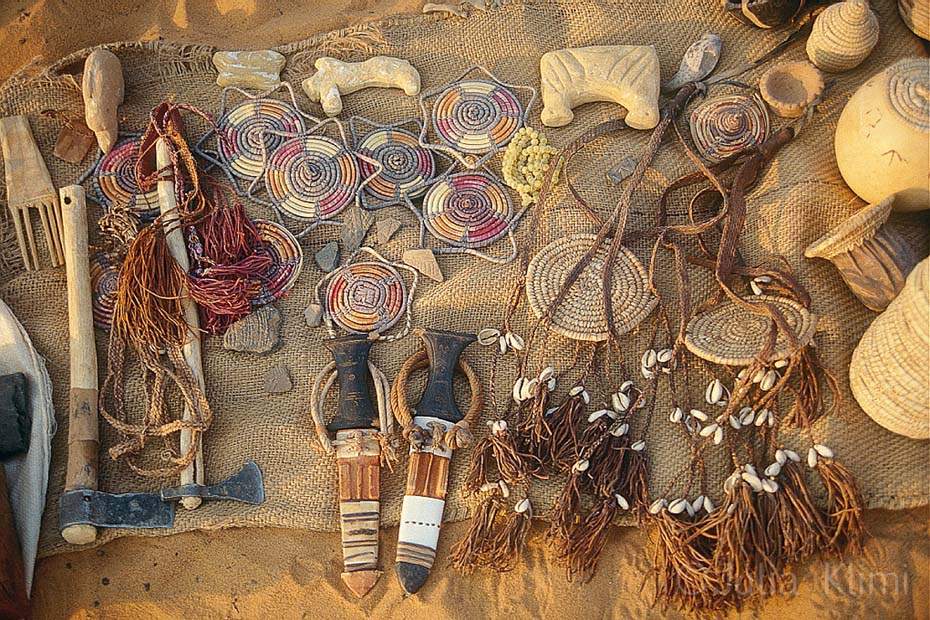
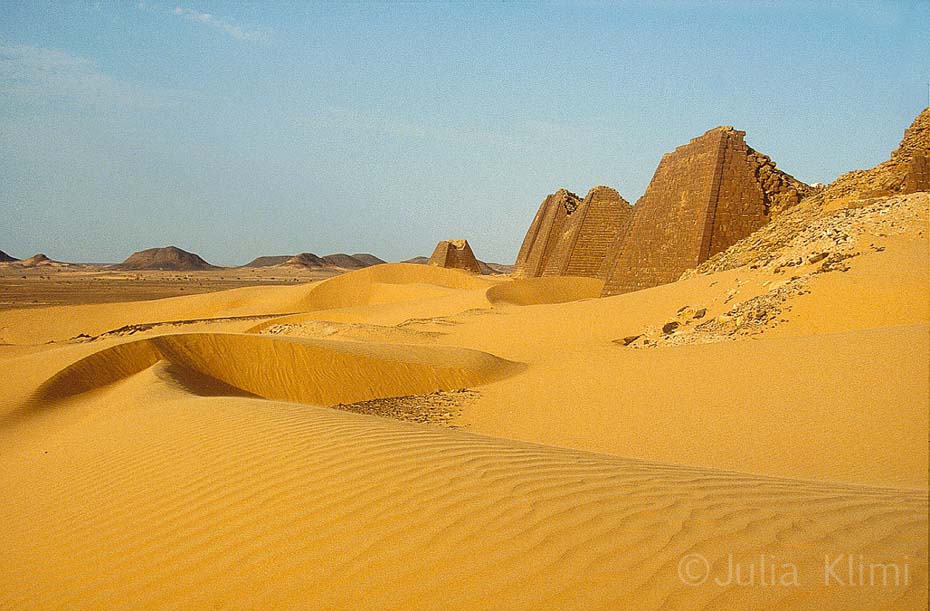
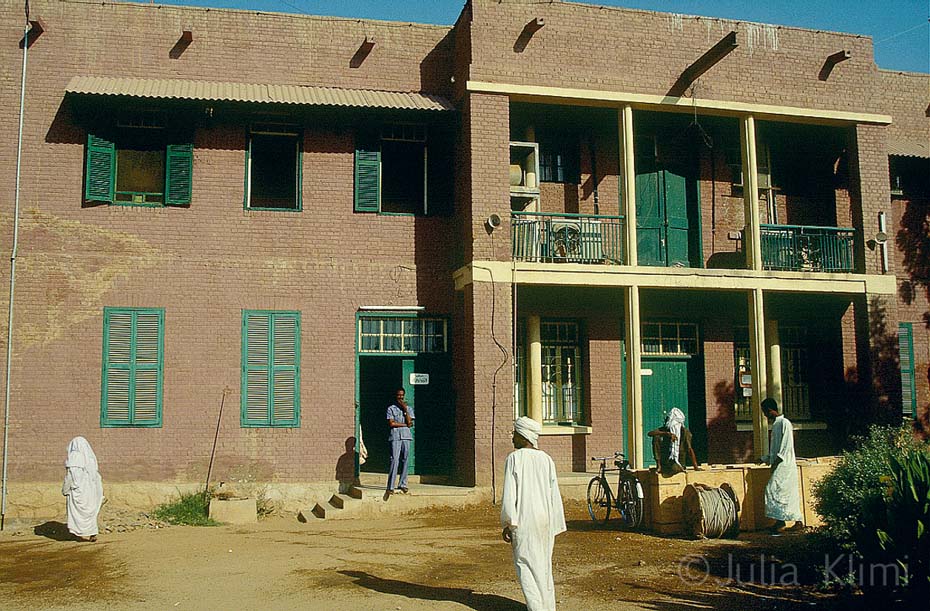
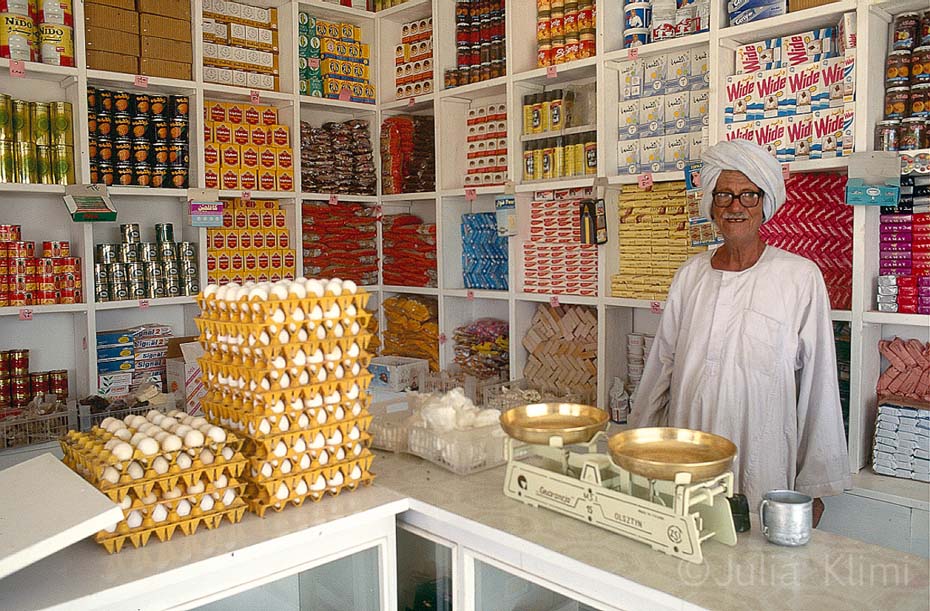
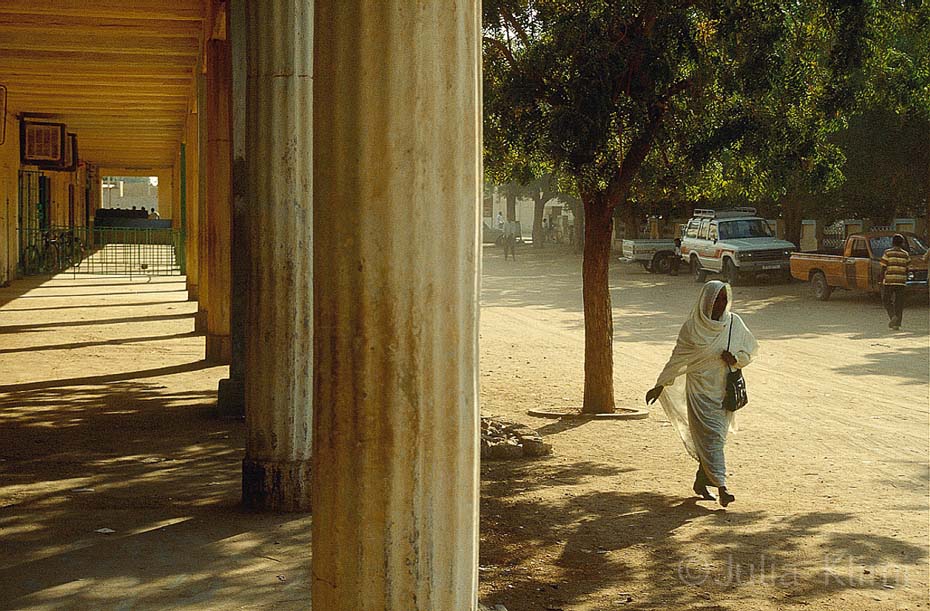
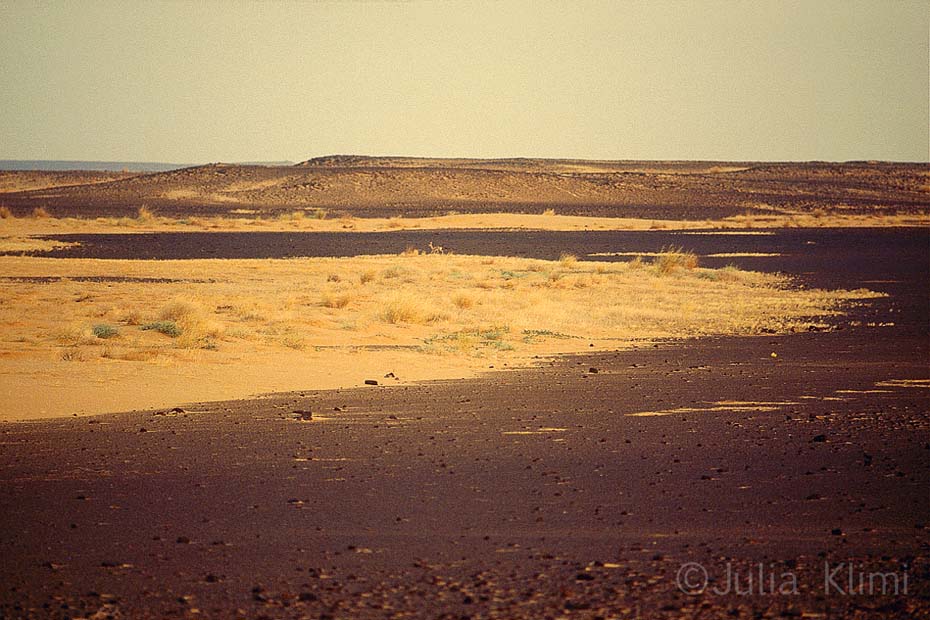
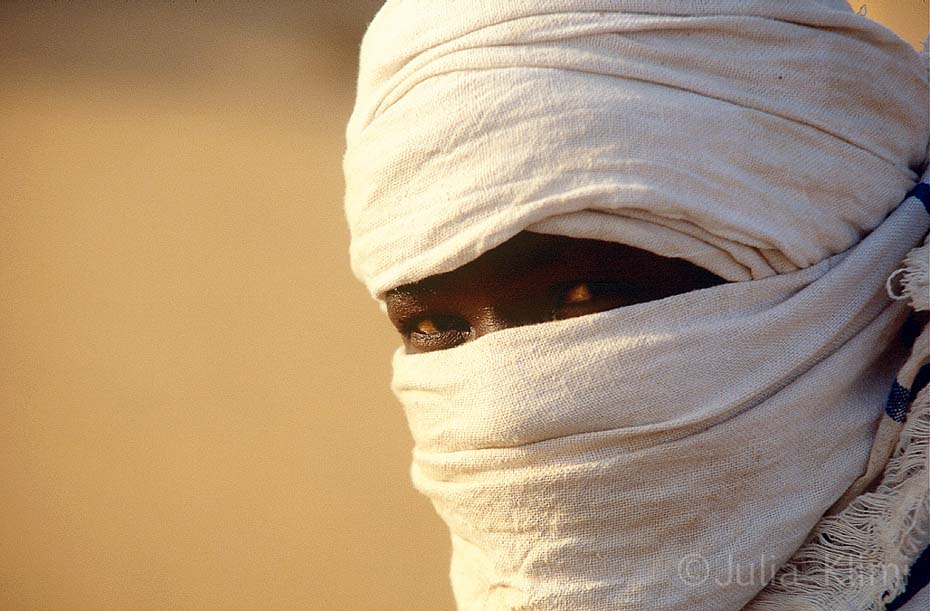
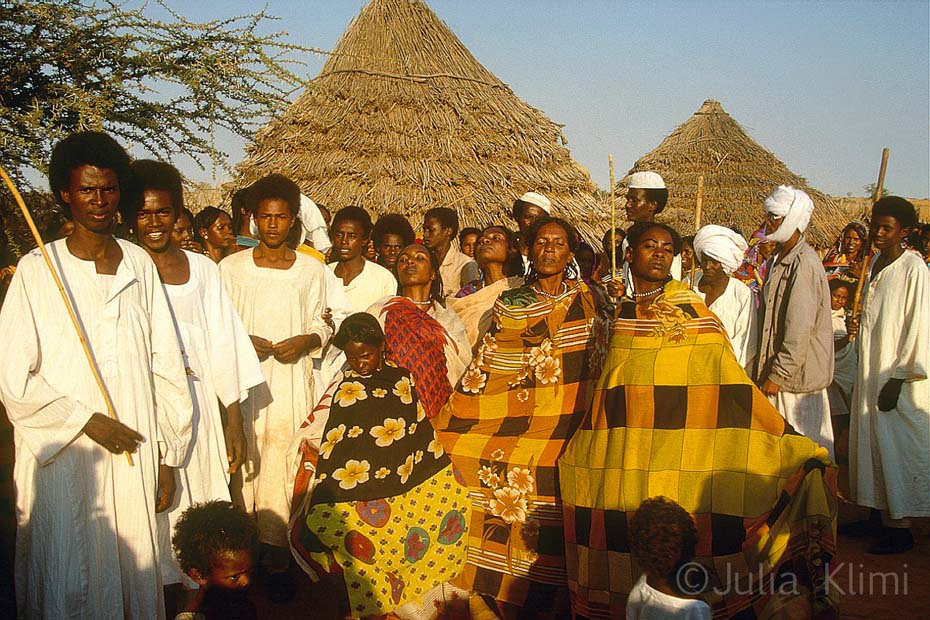
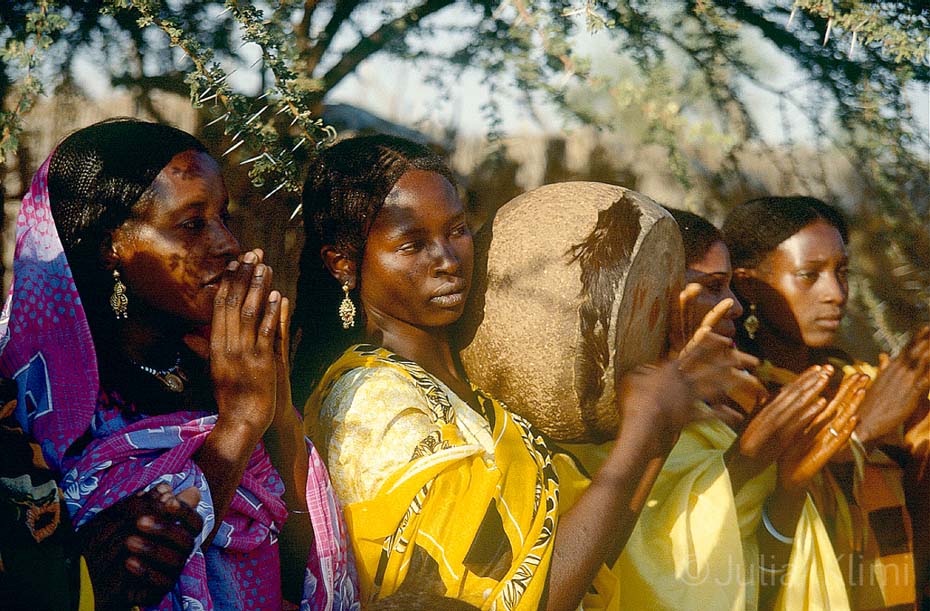
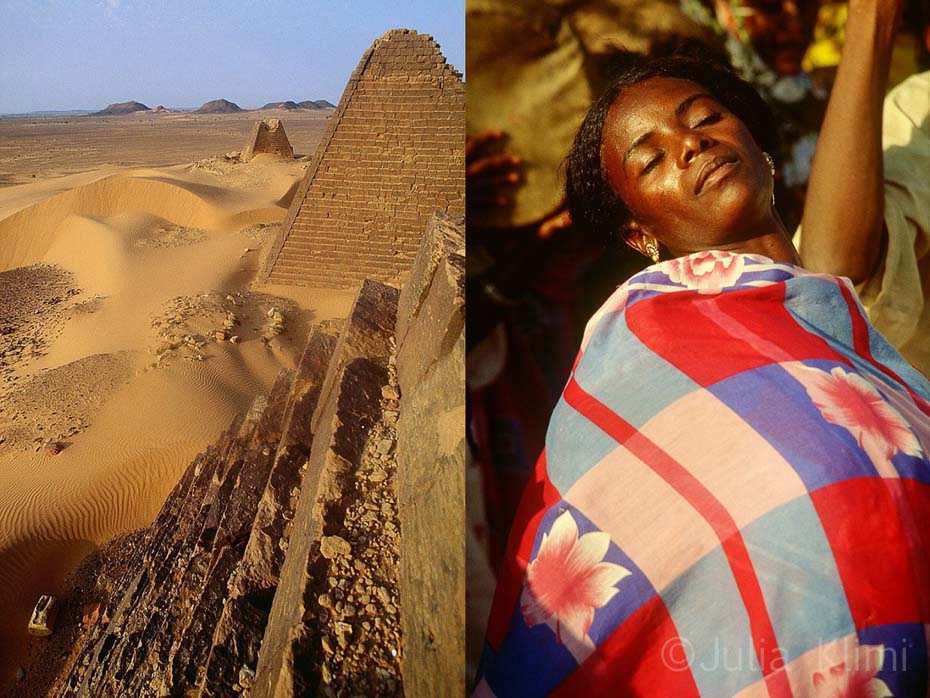
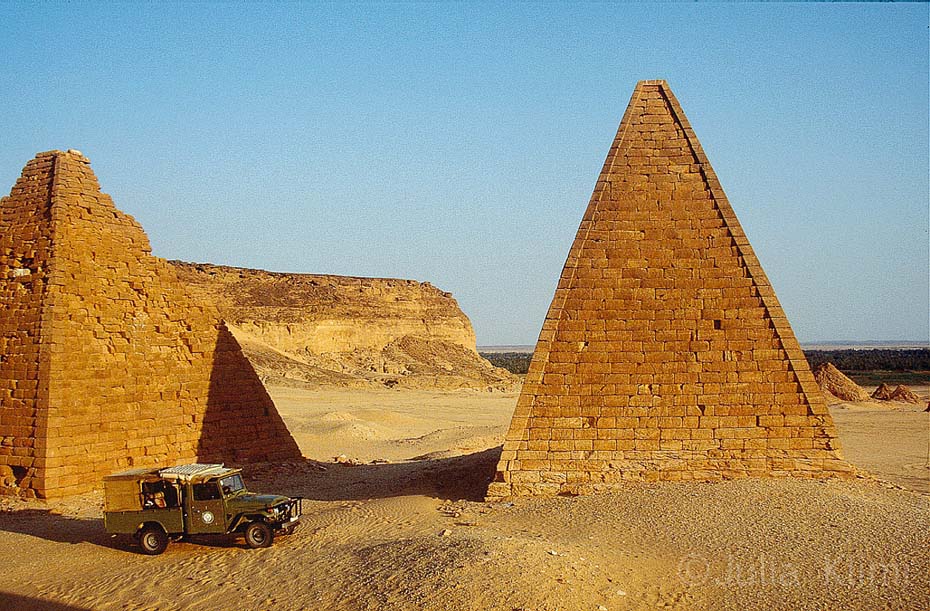
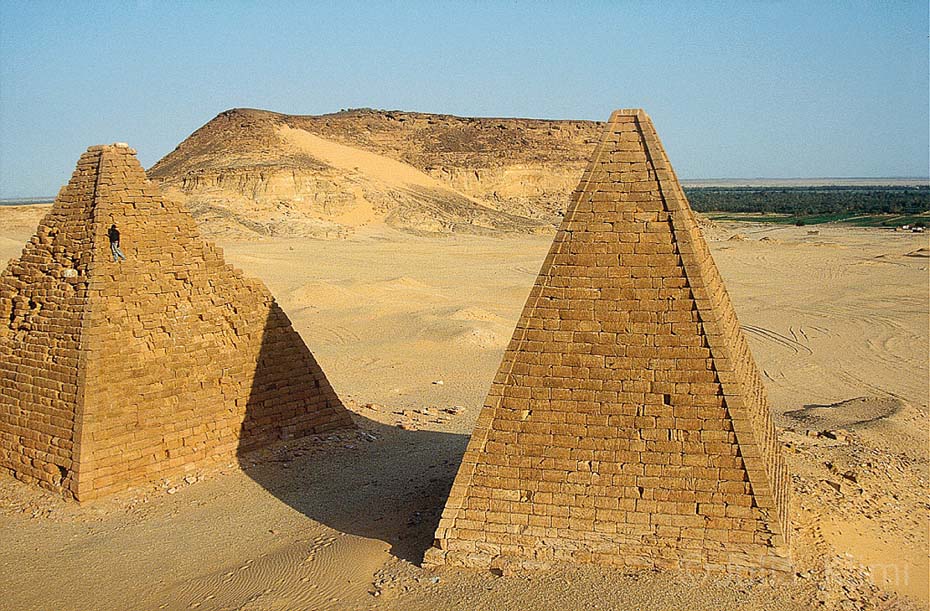
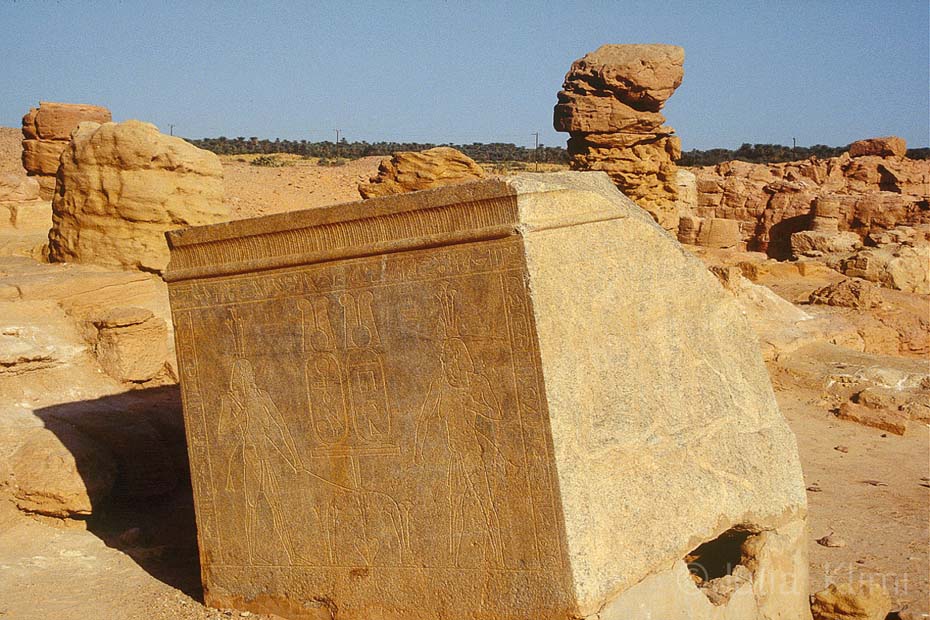
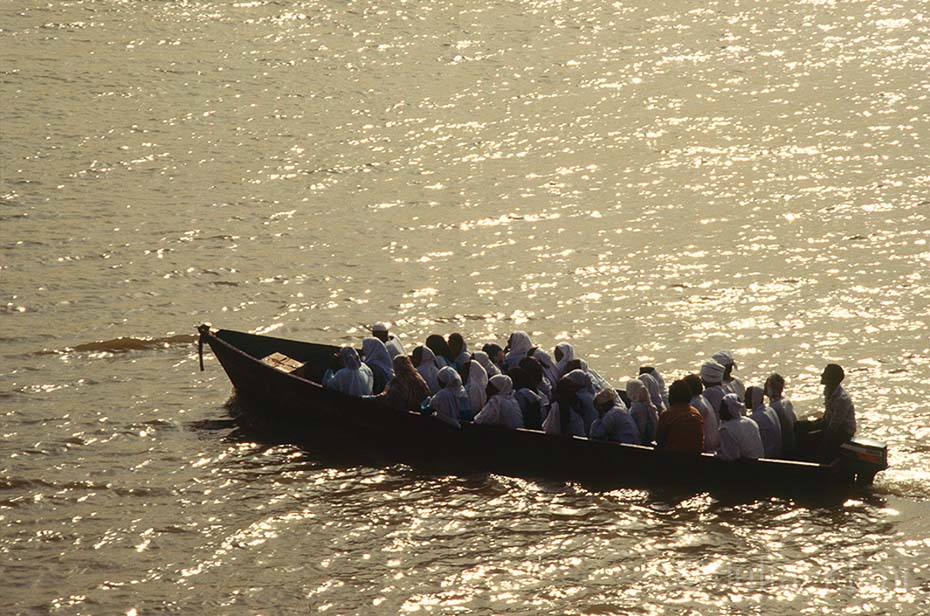
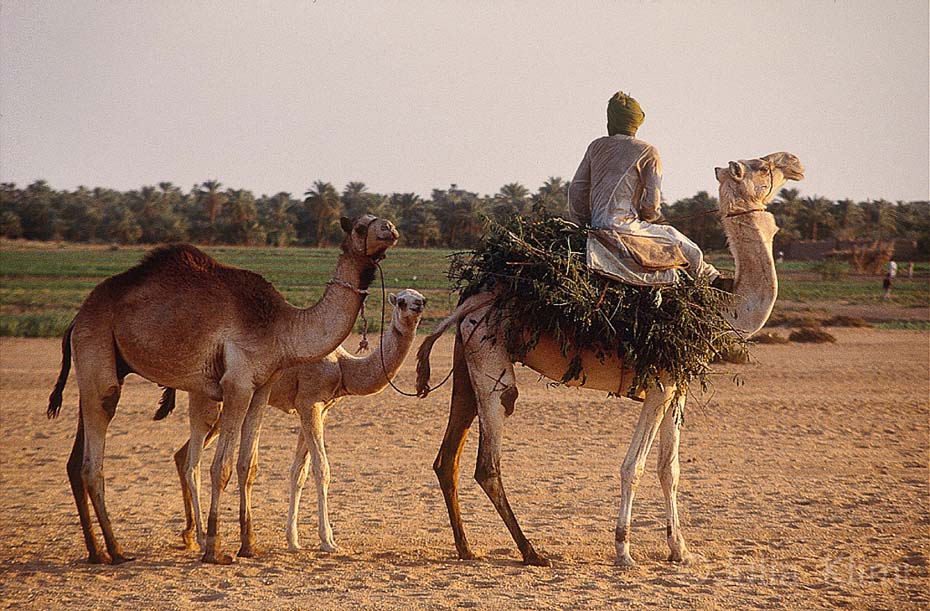
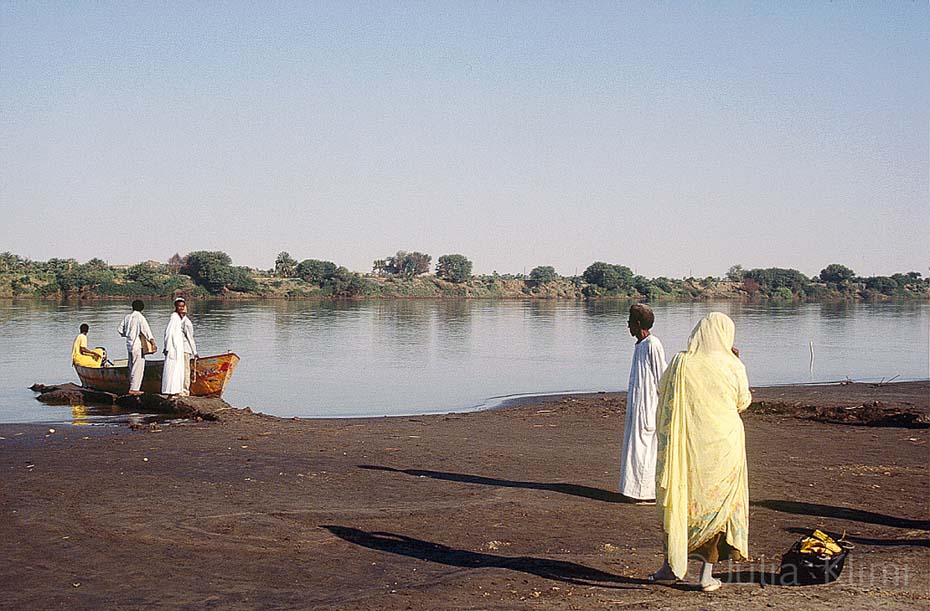
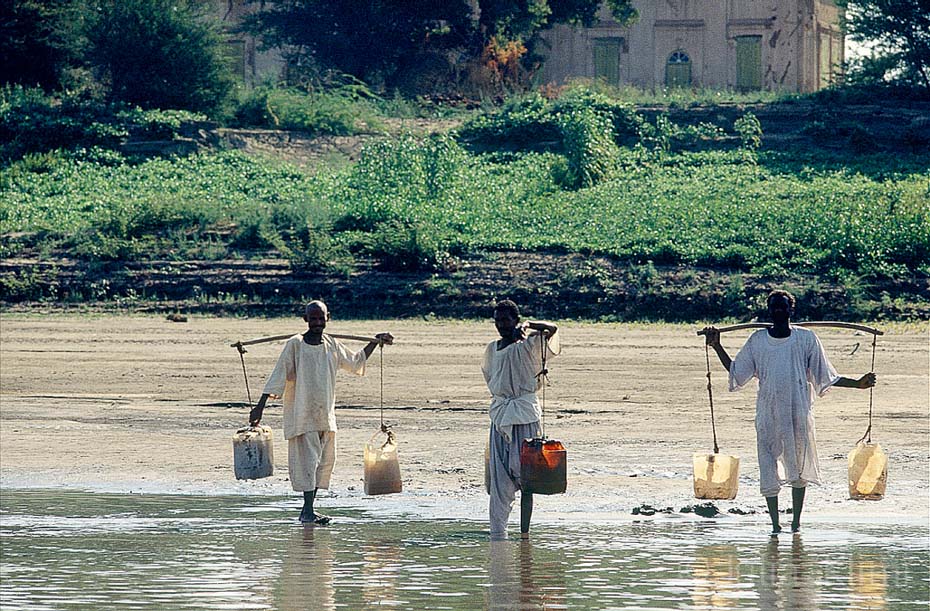
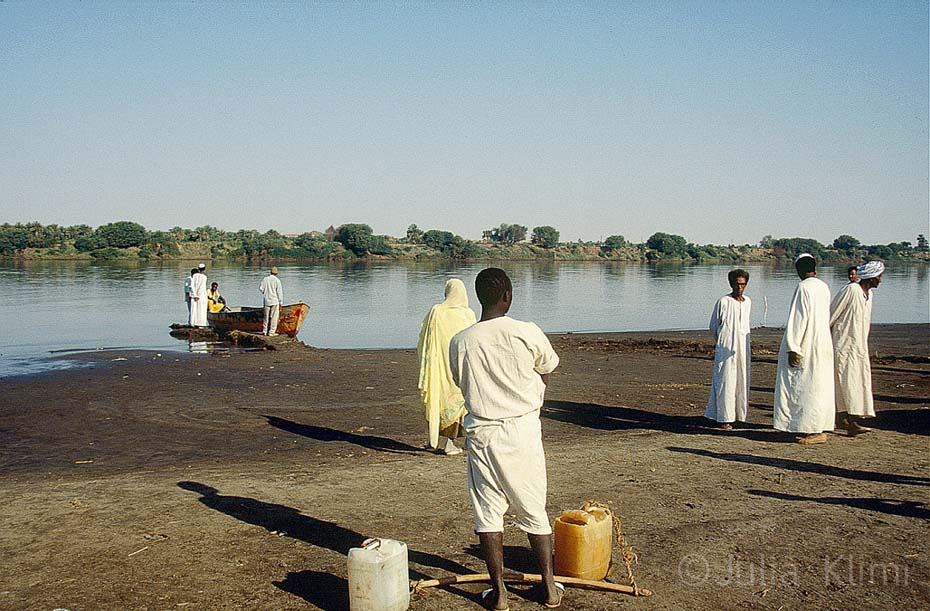
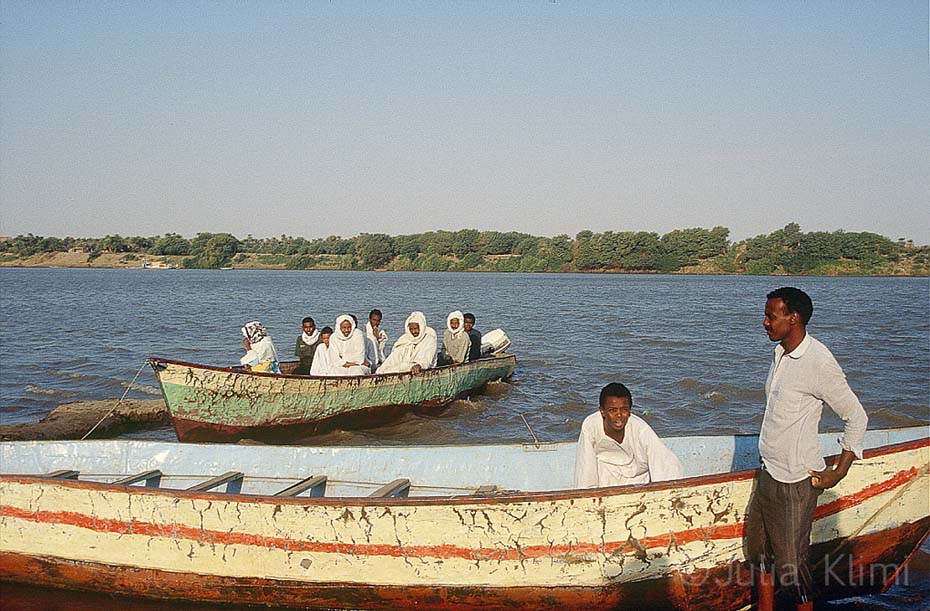
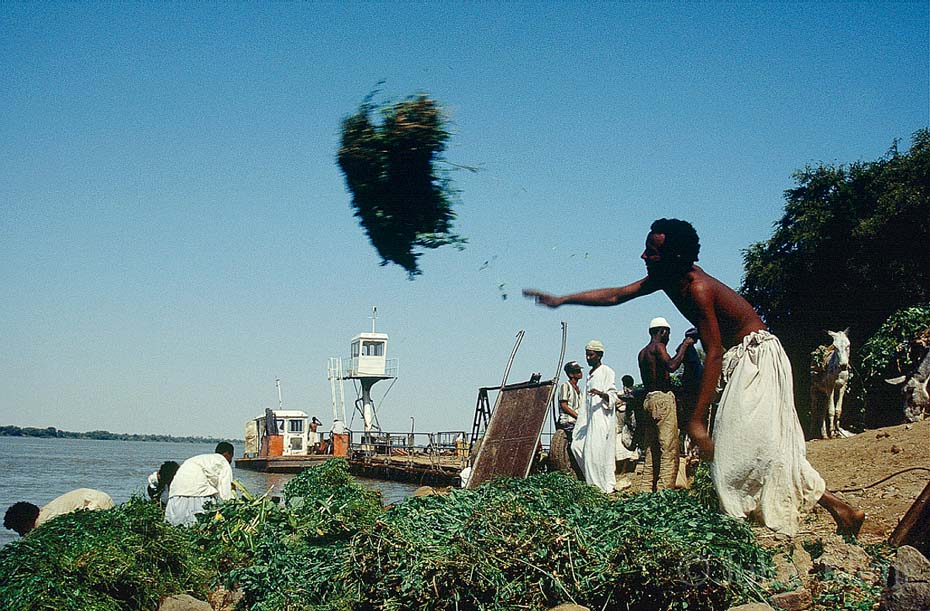
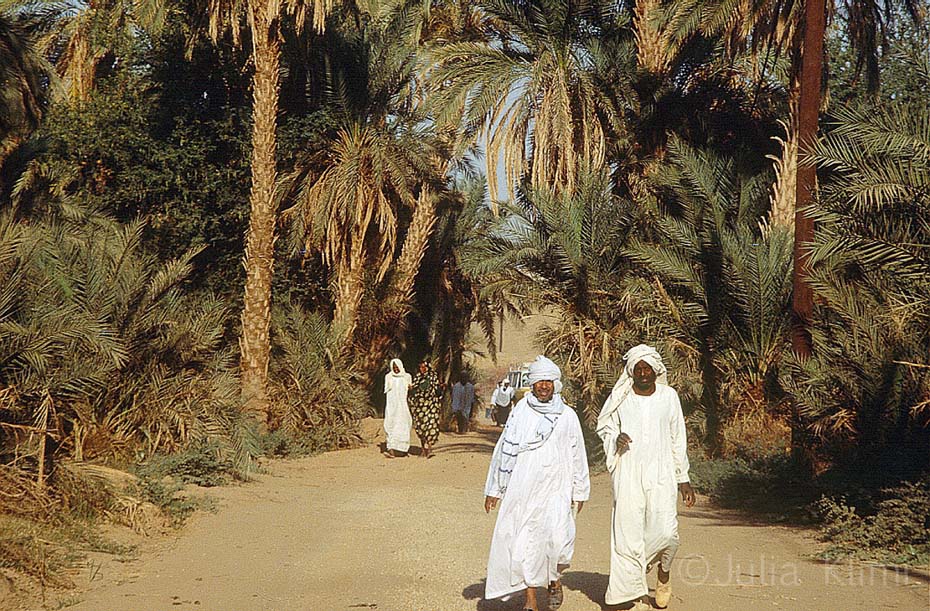
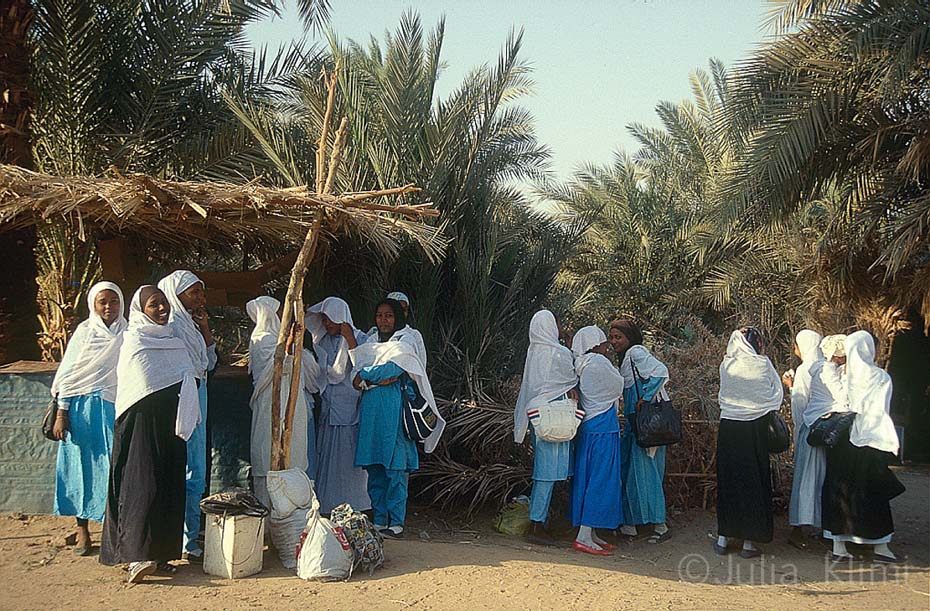
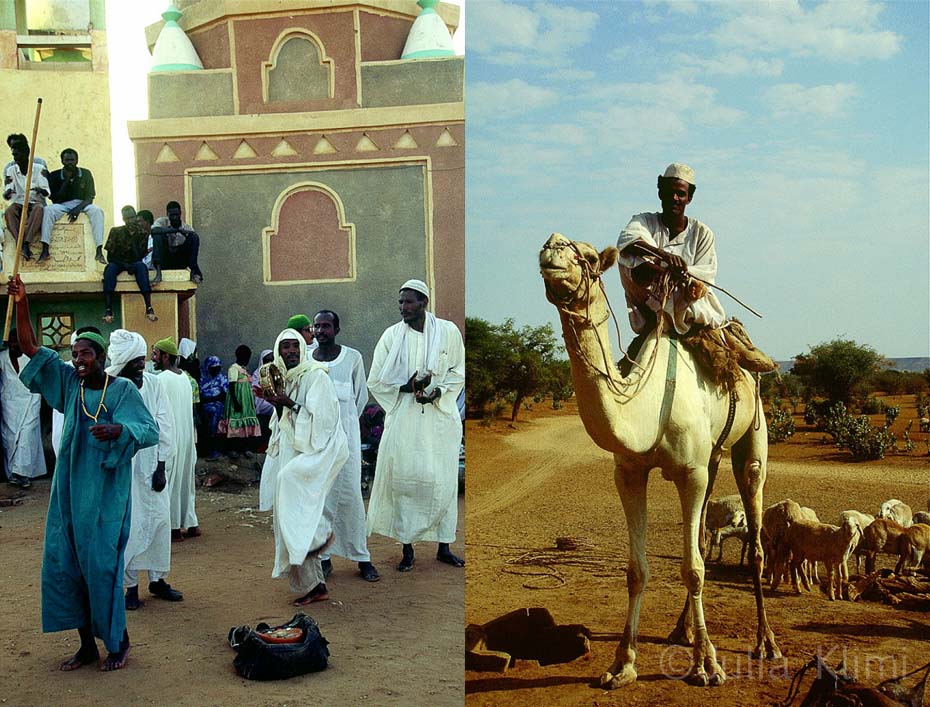
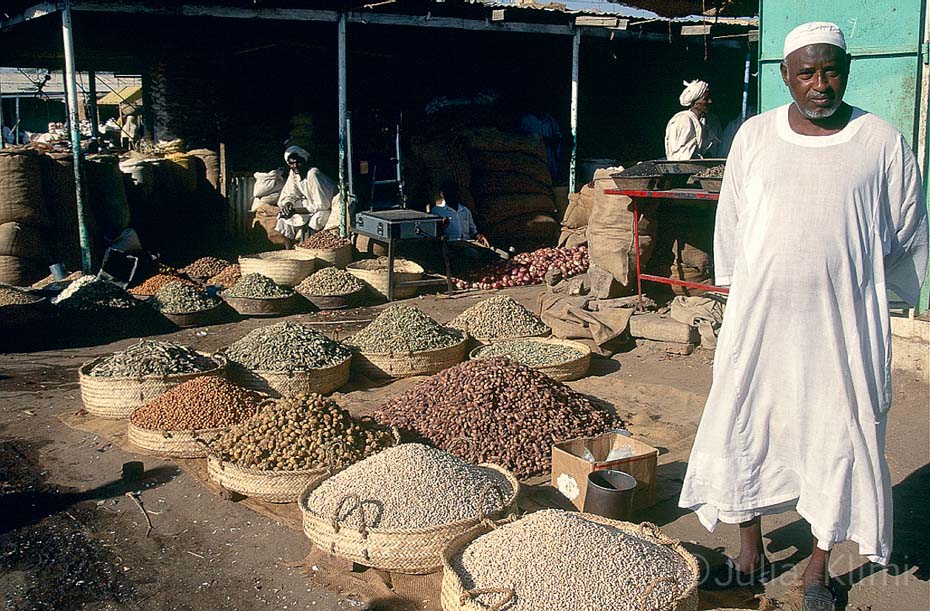
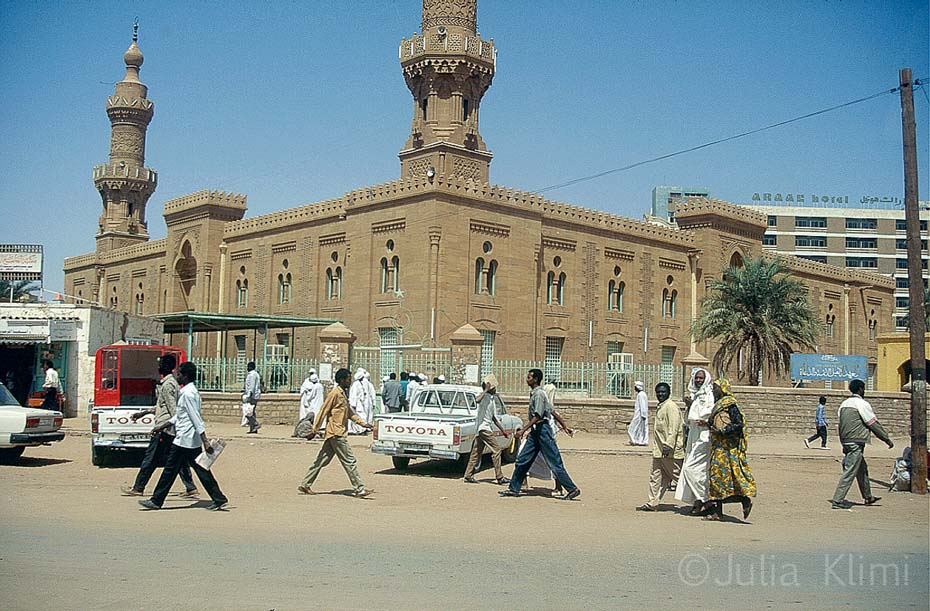
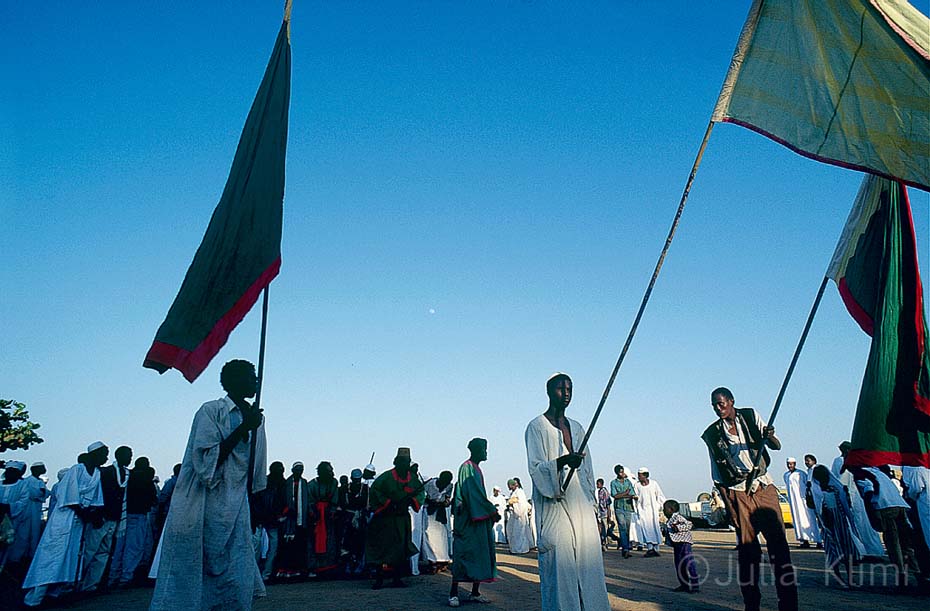
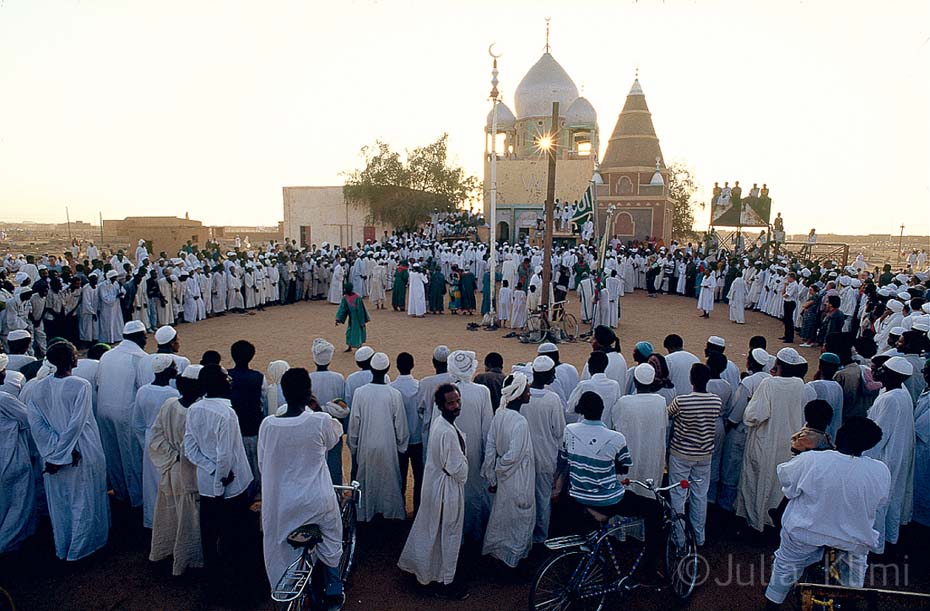
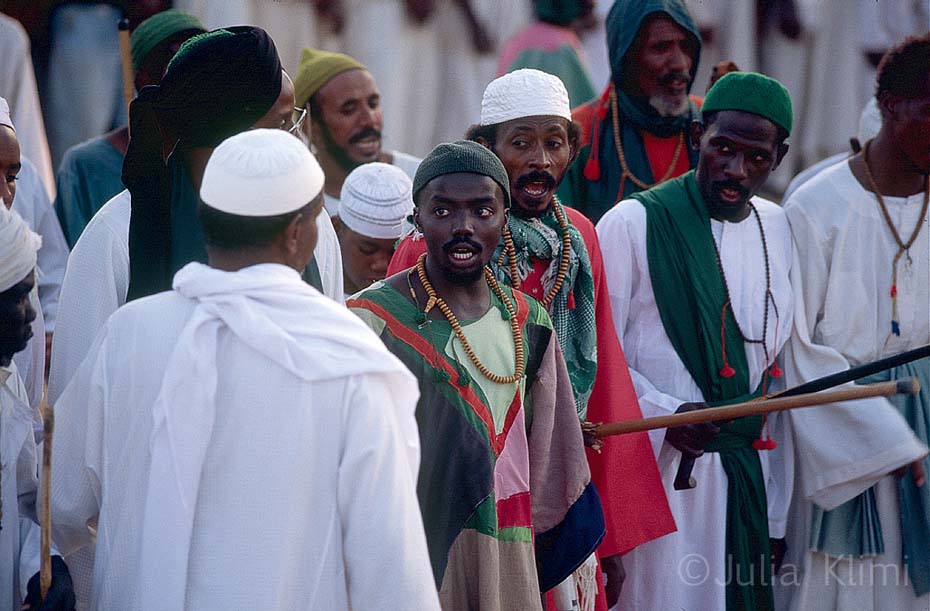
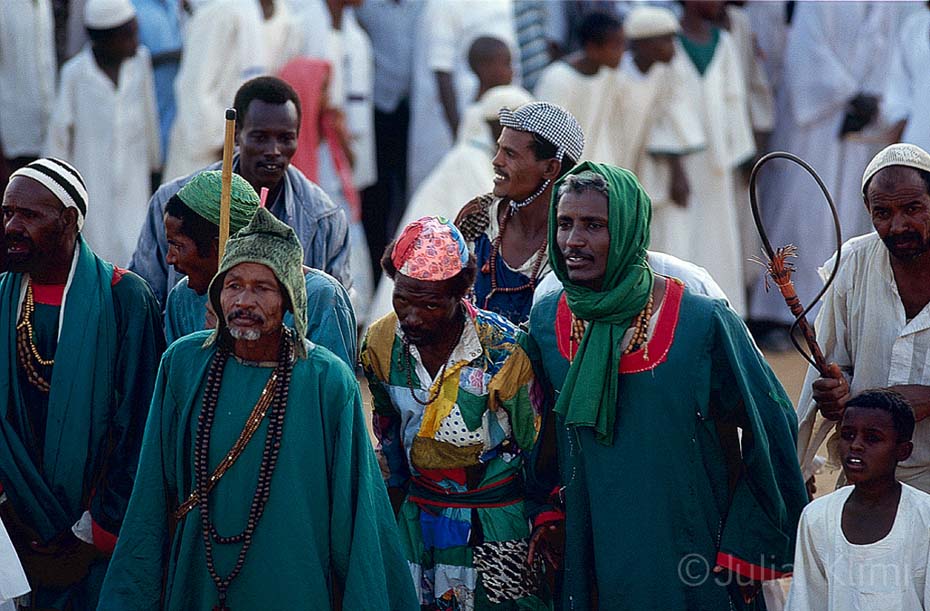
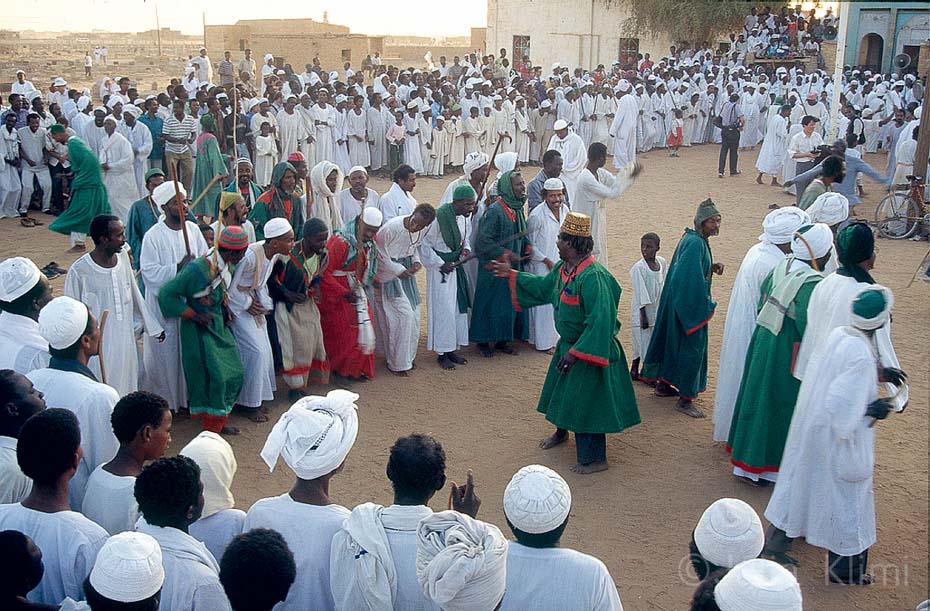
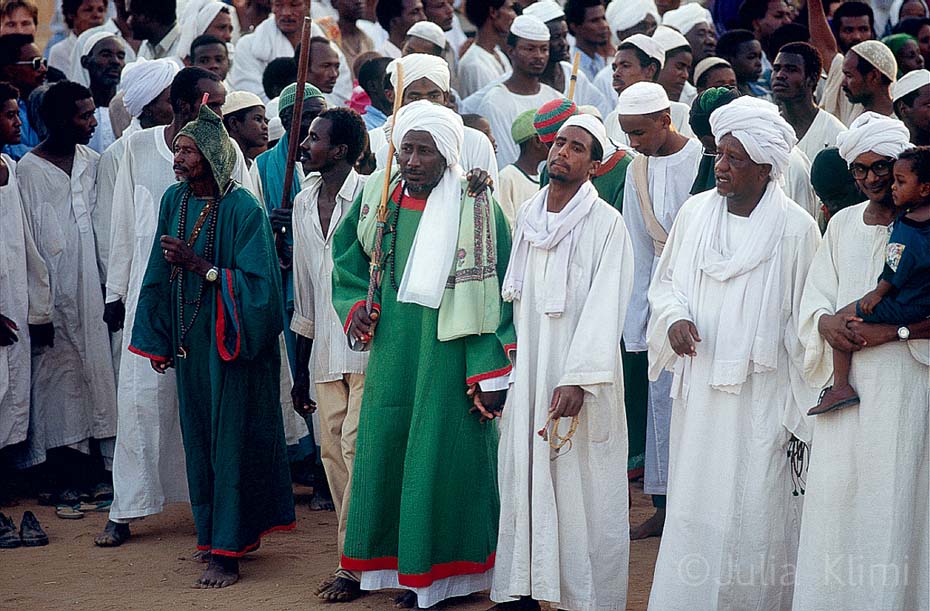




2 Comments